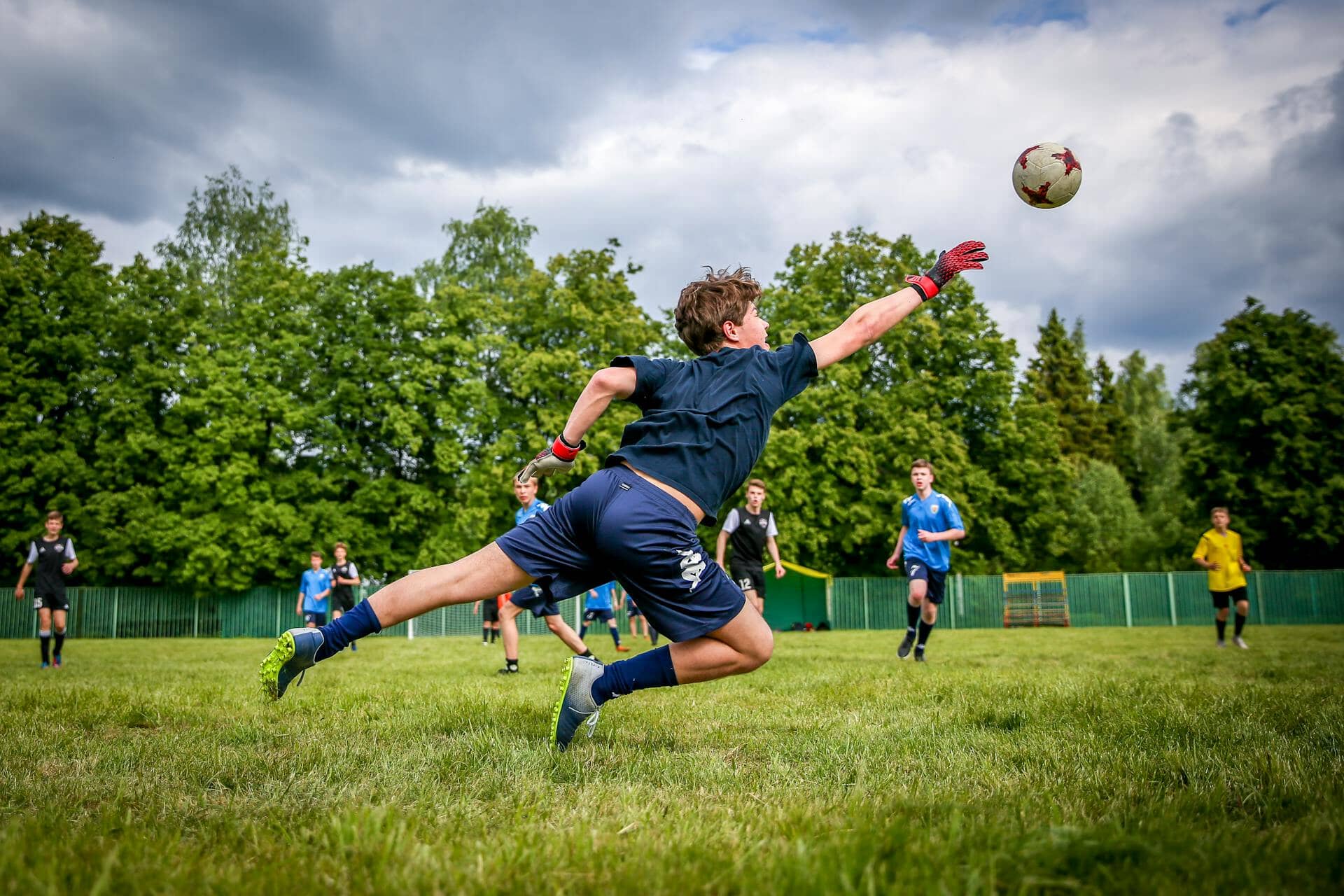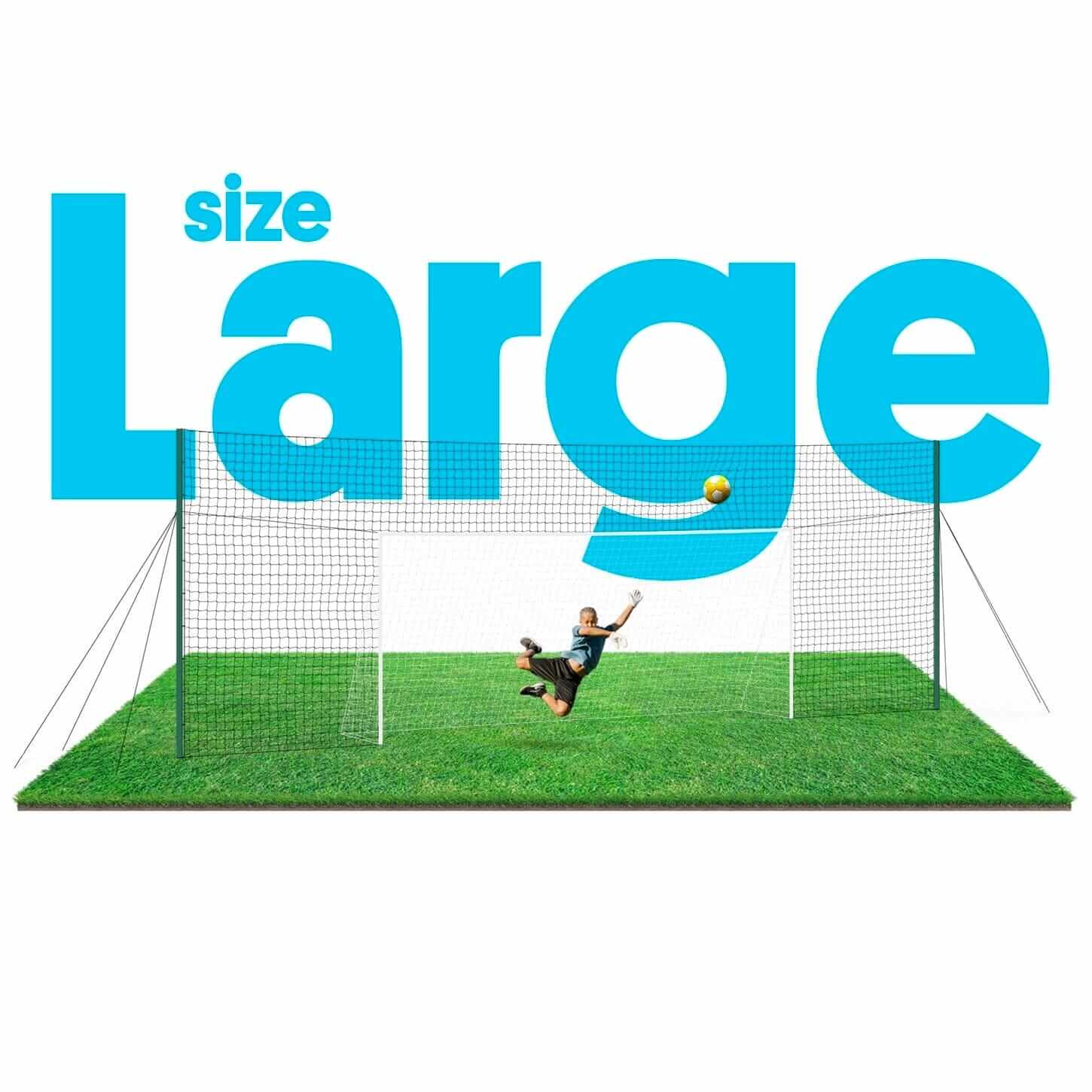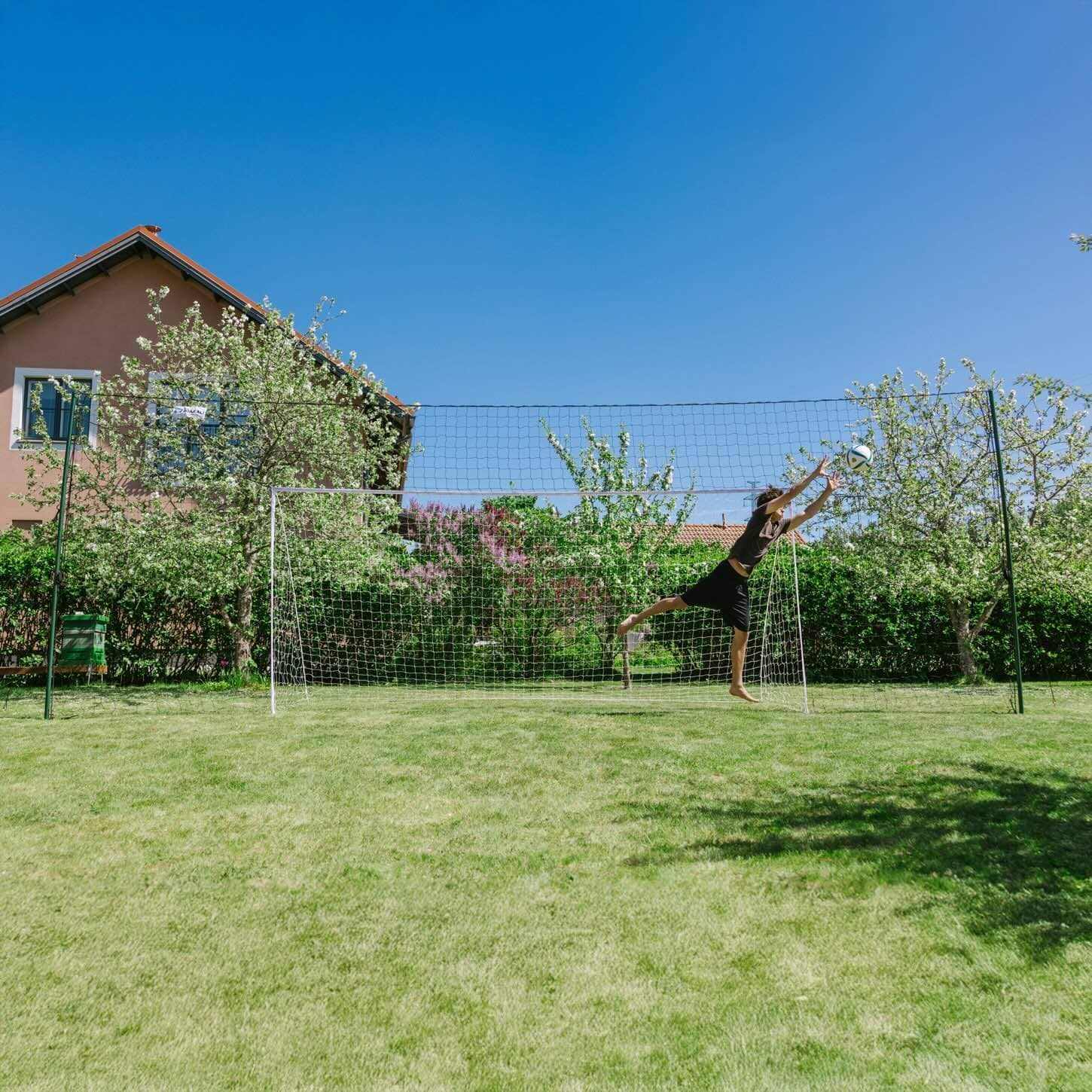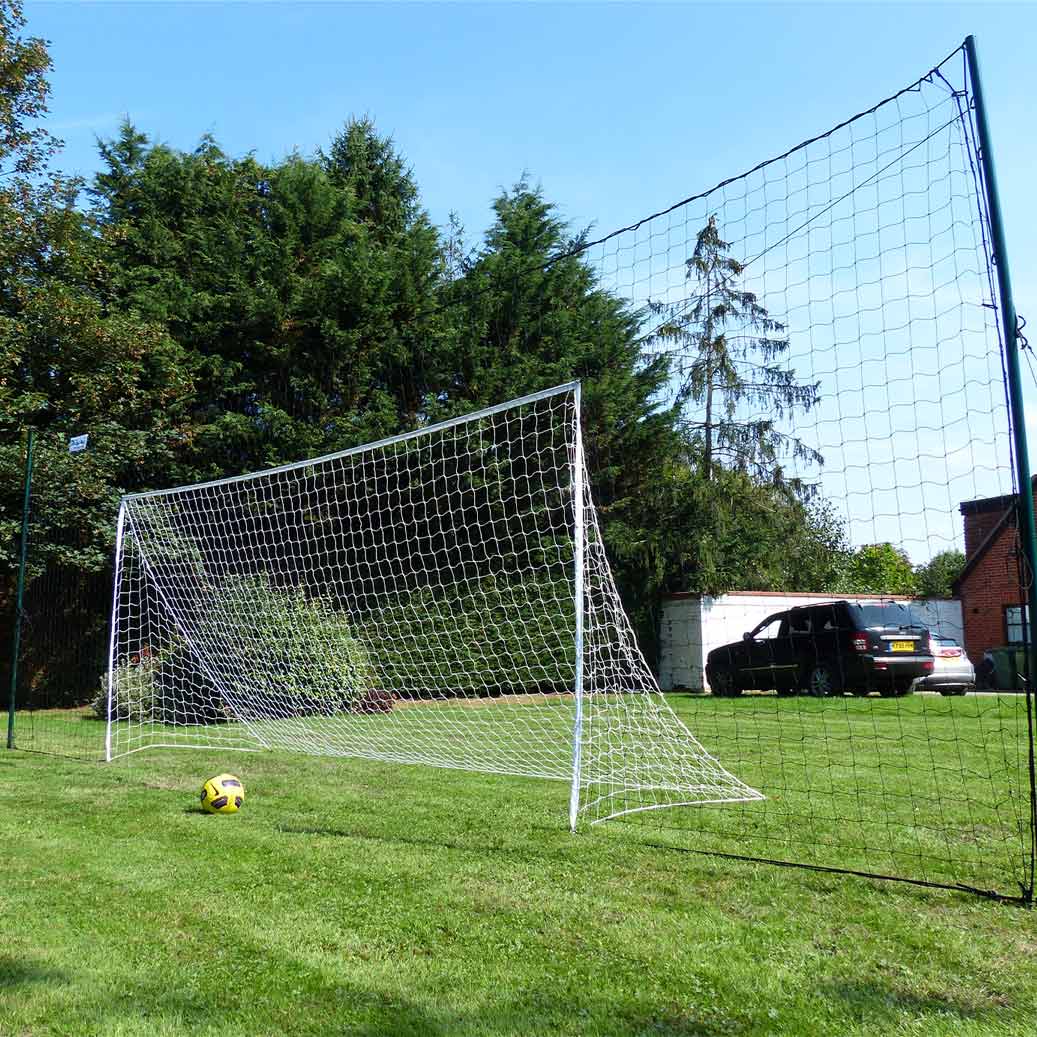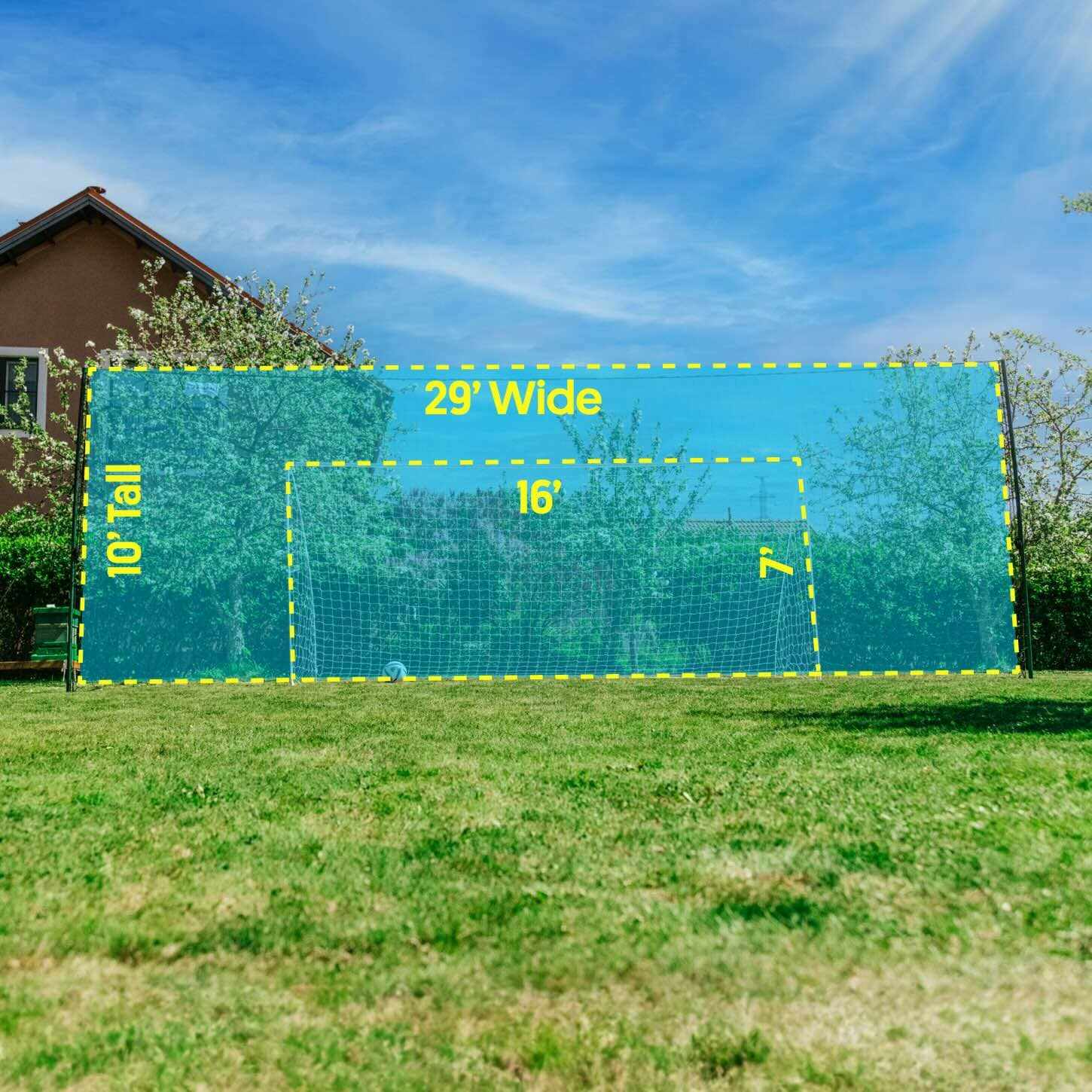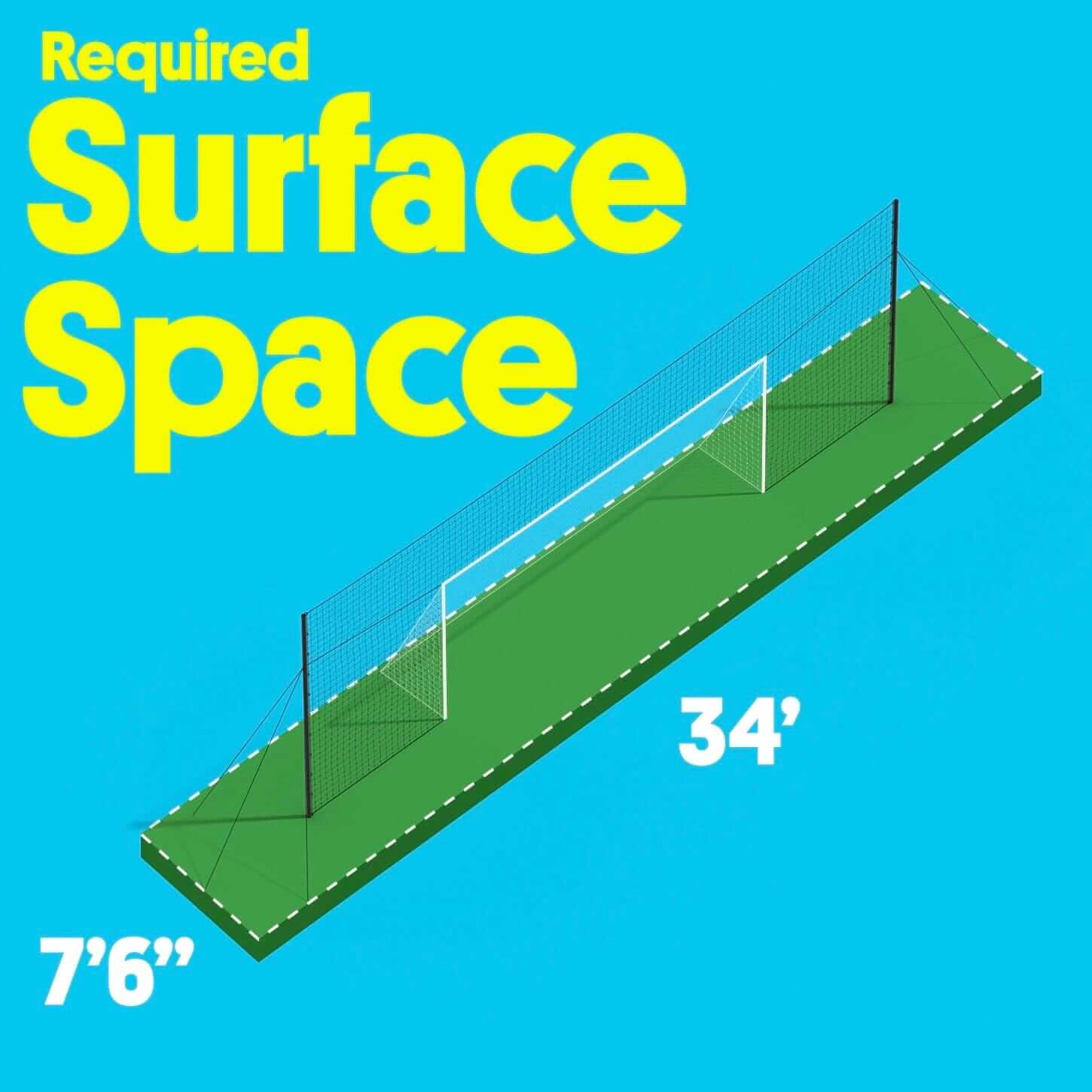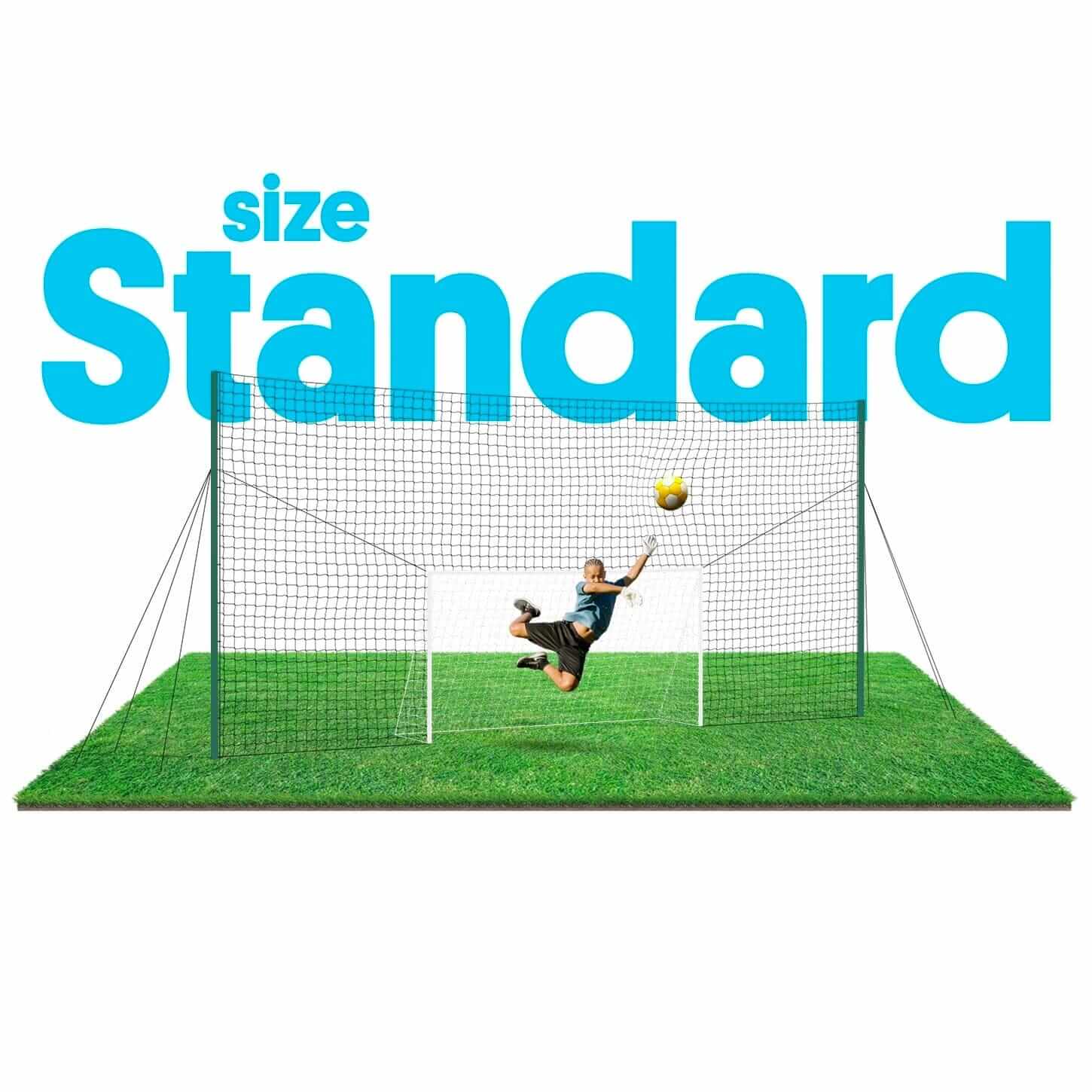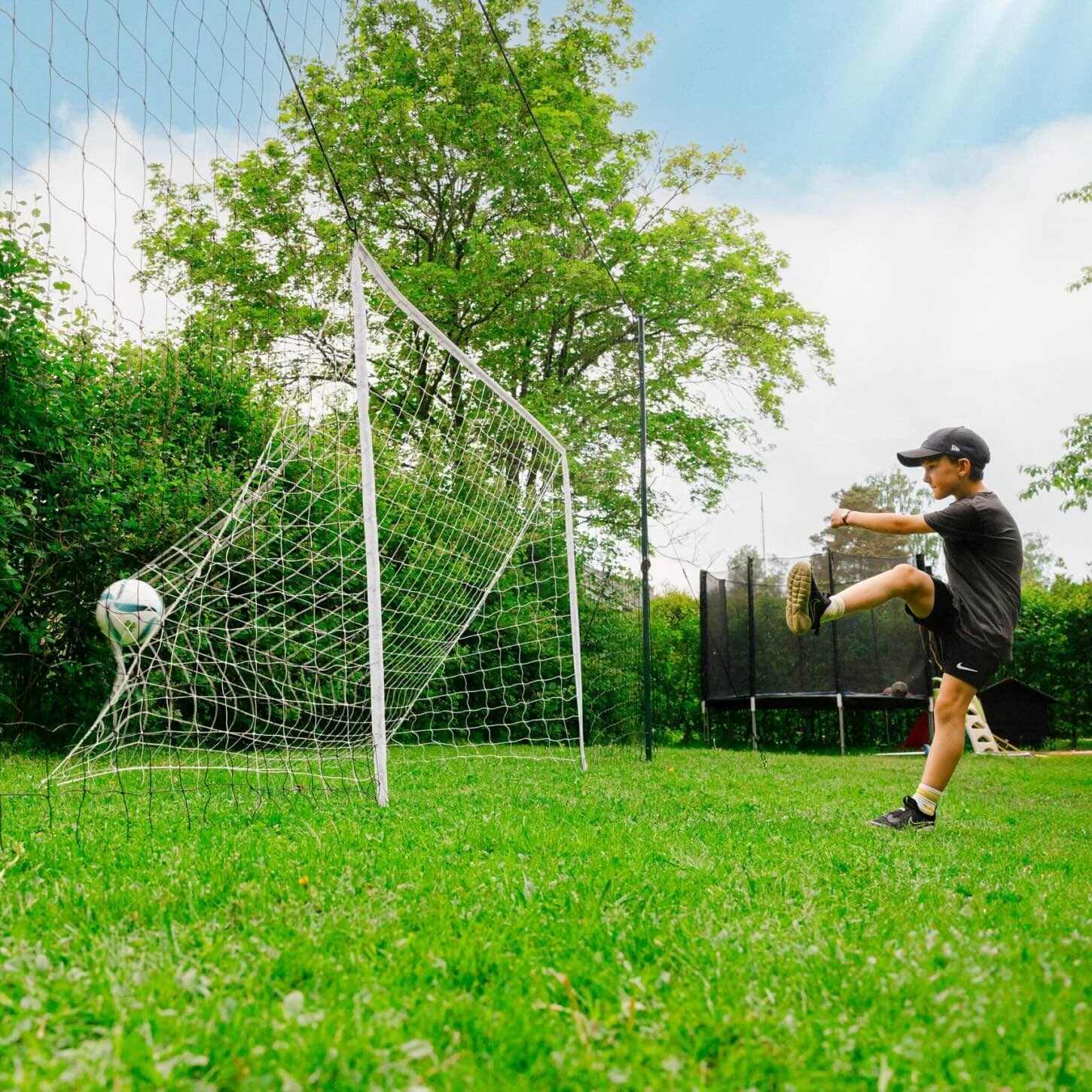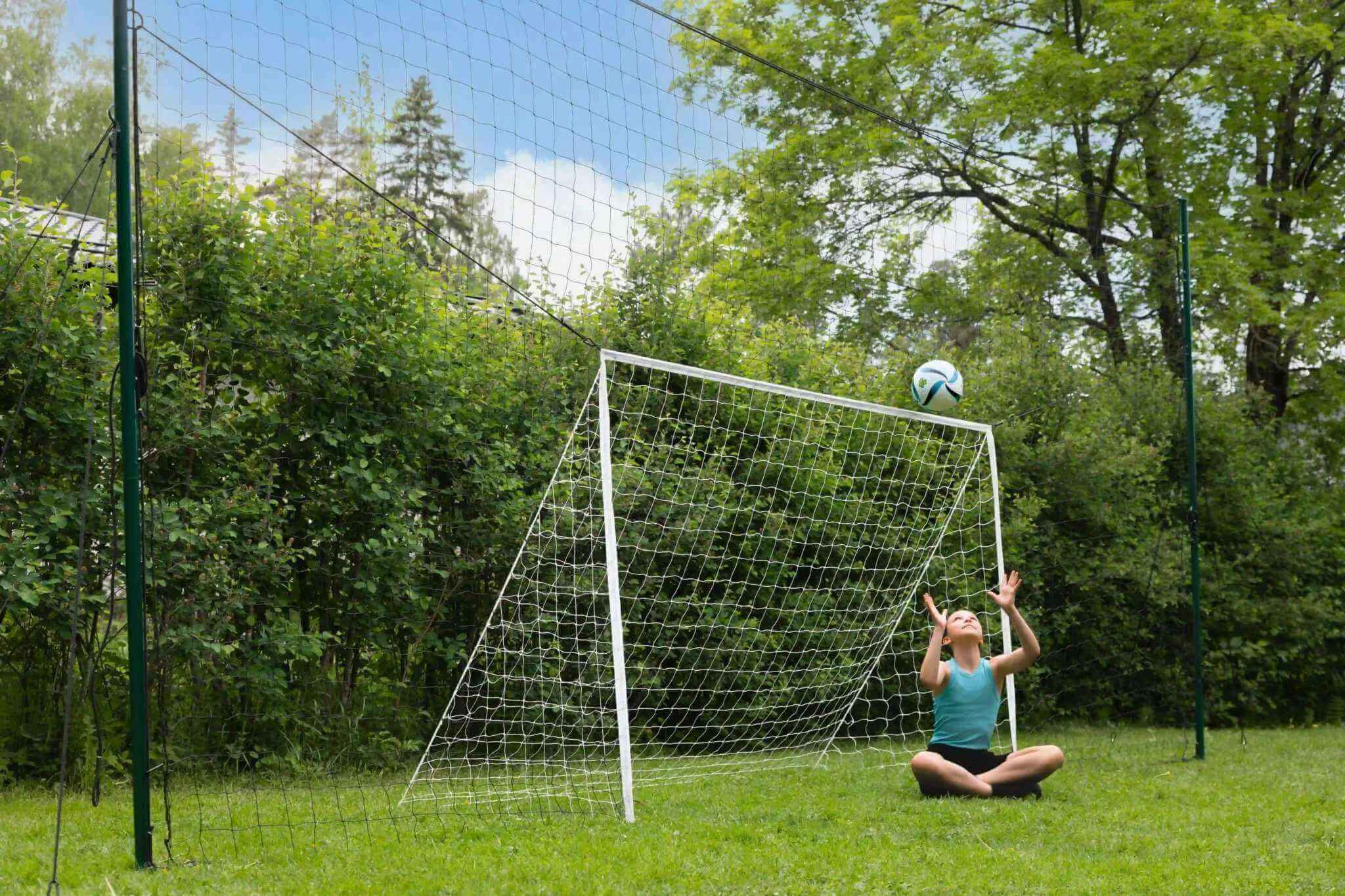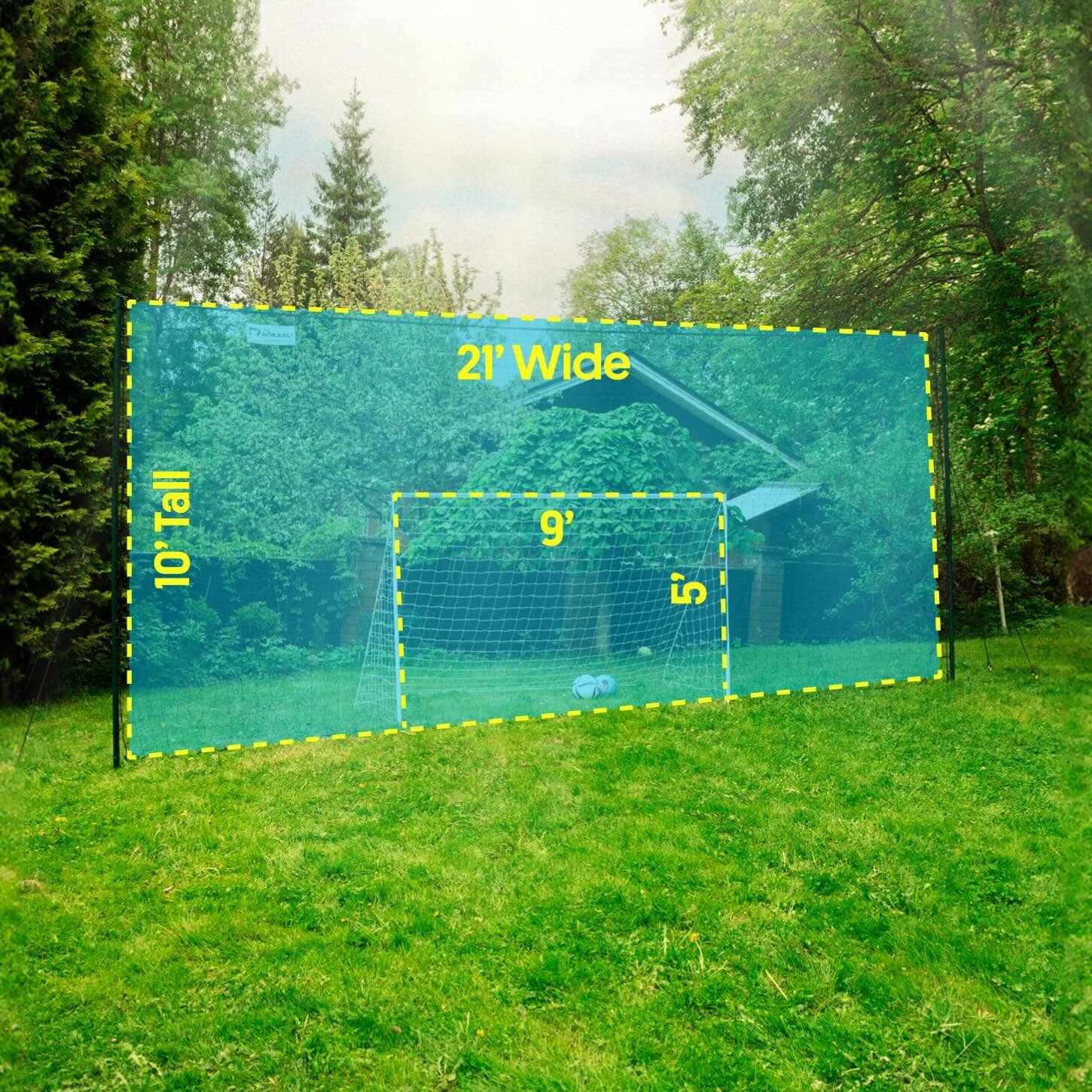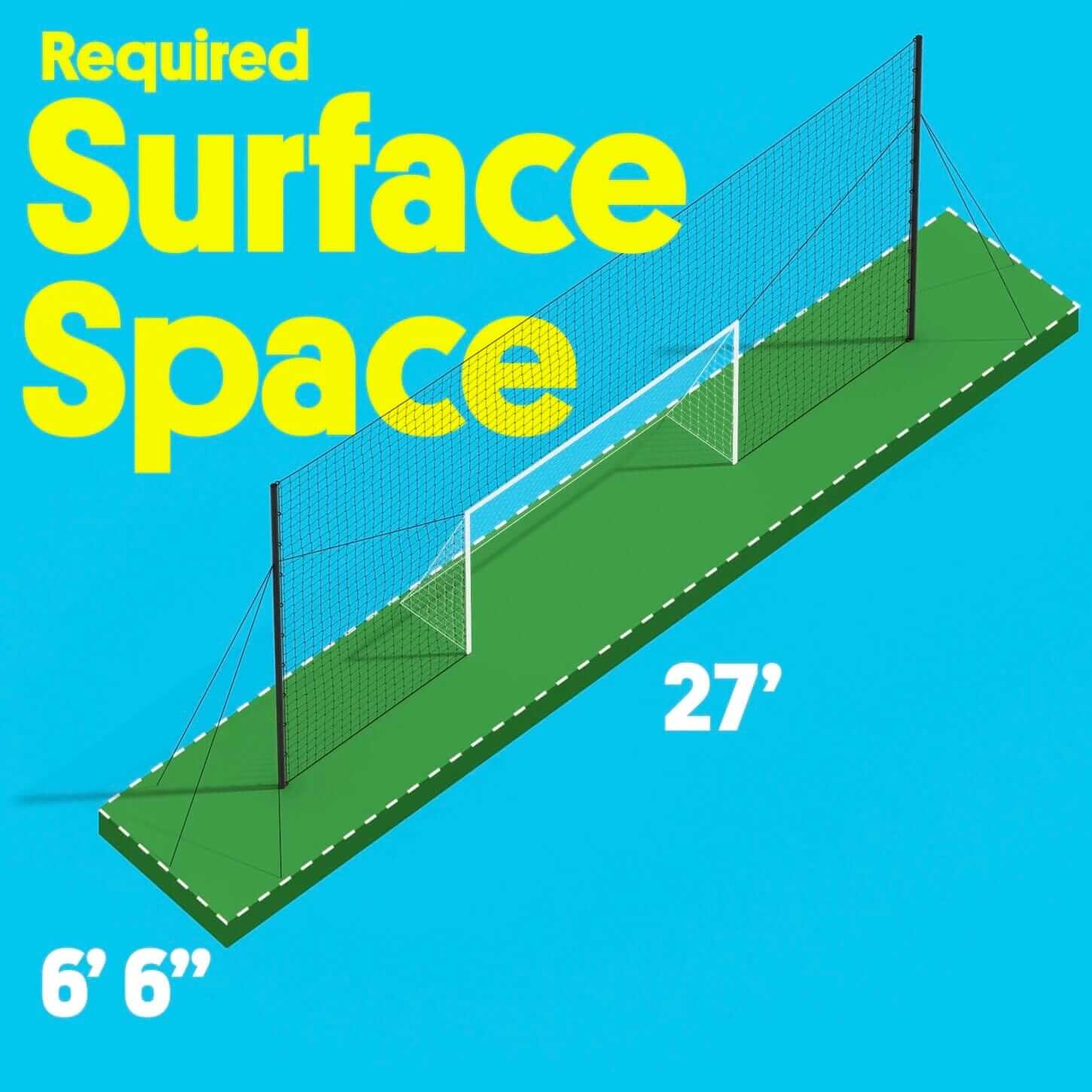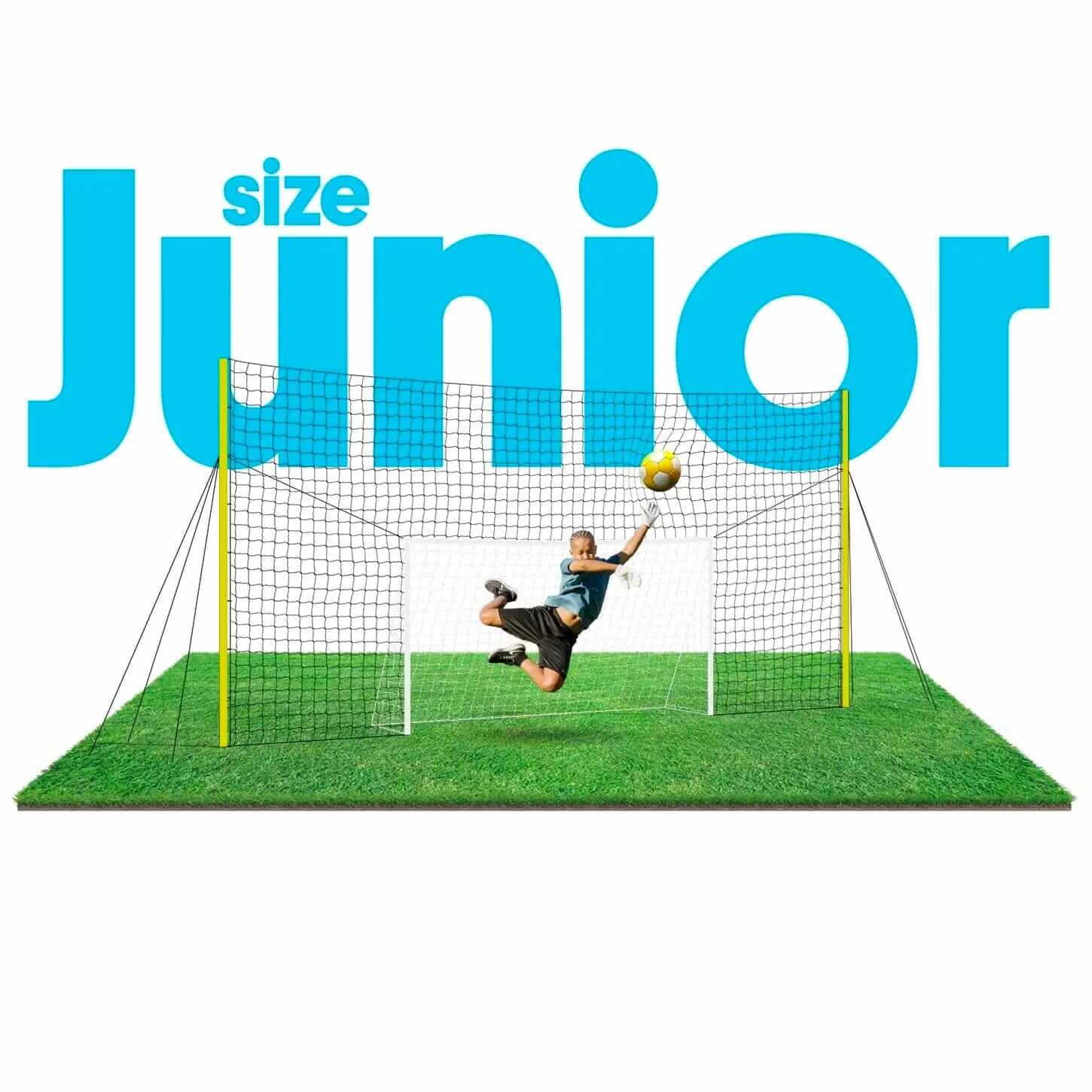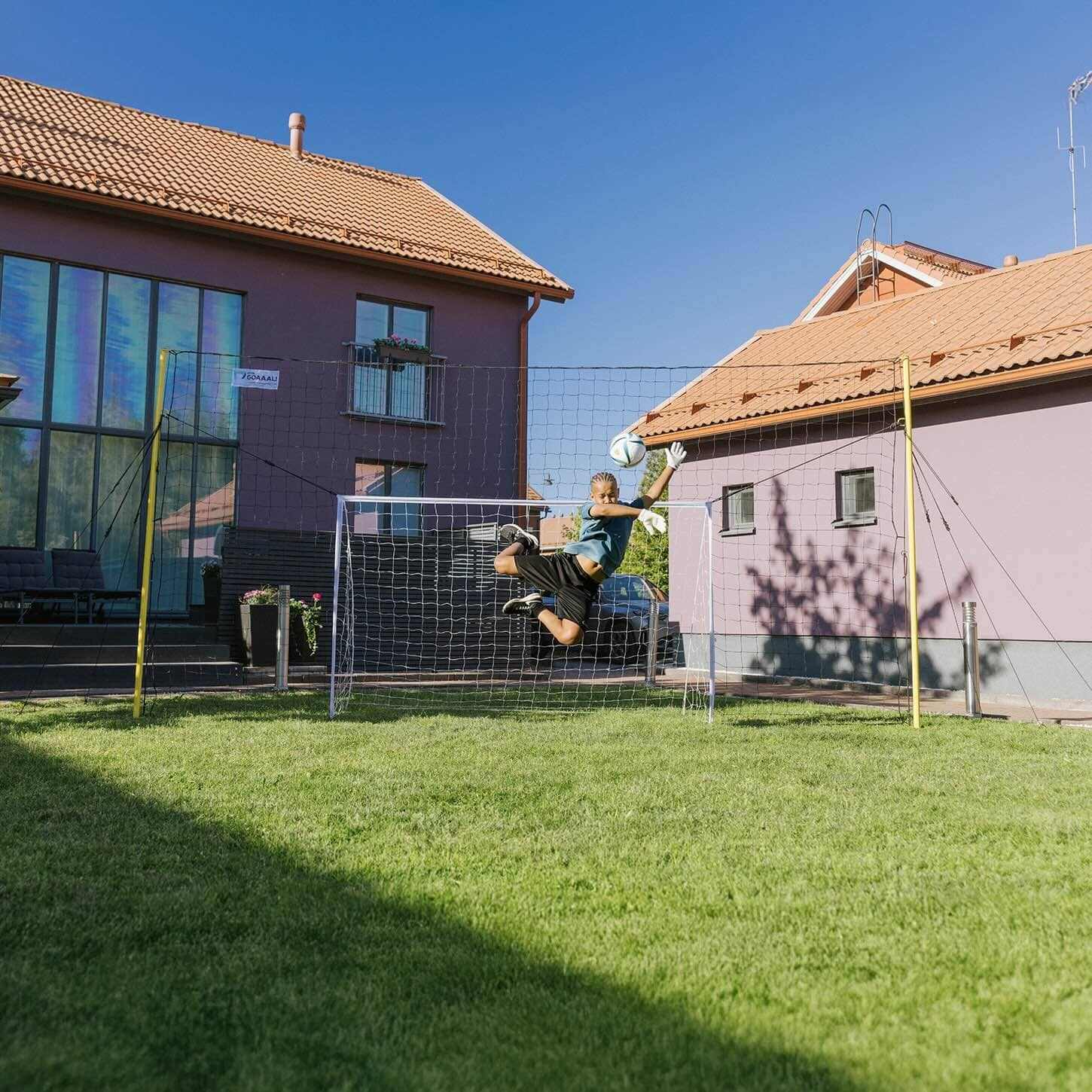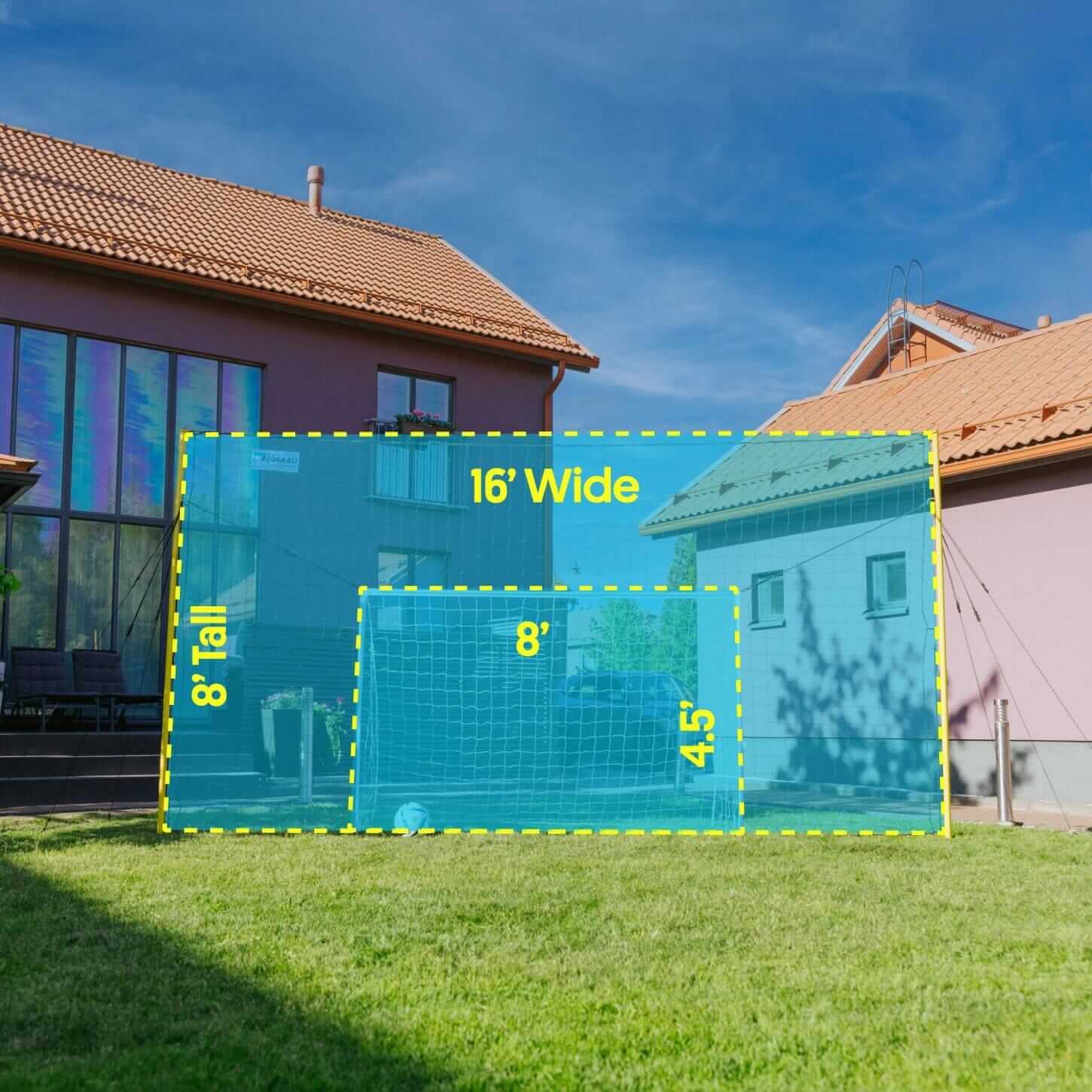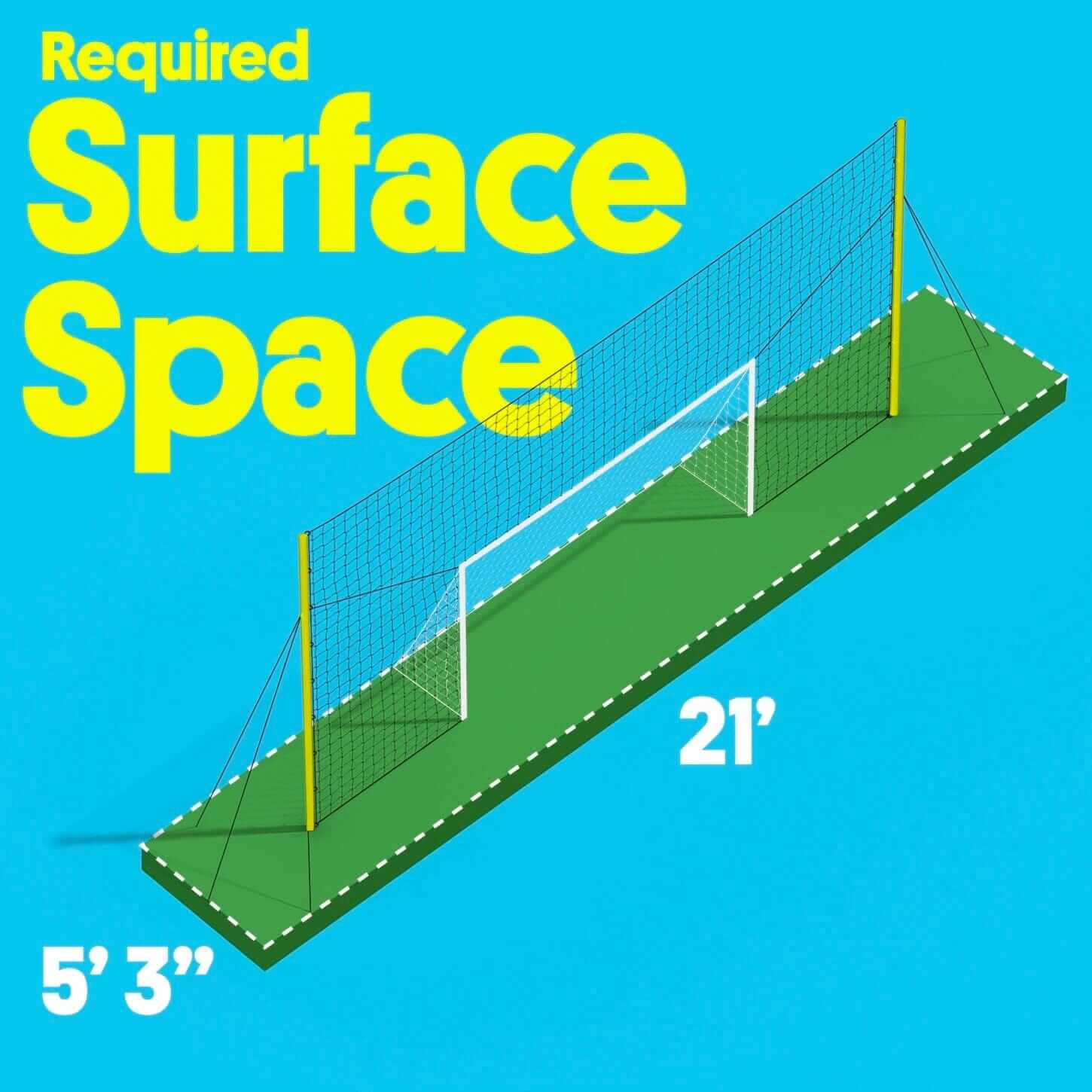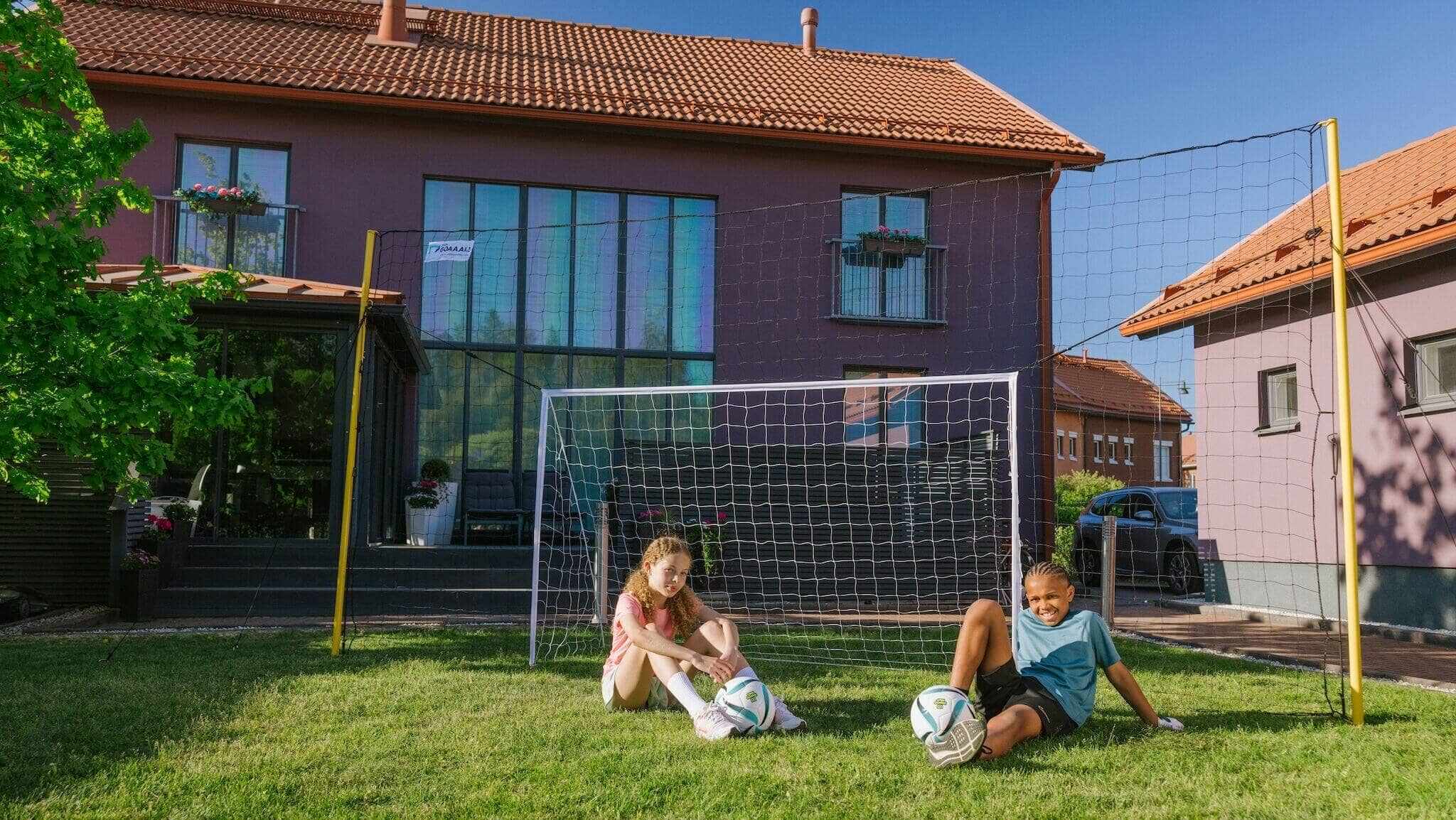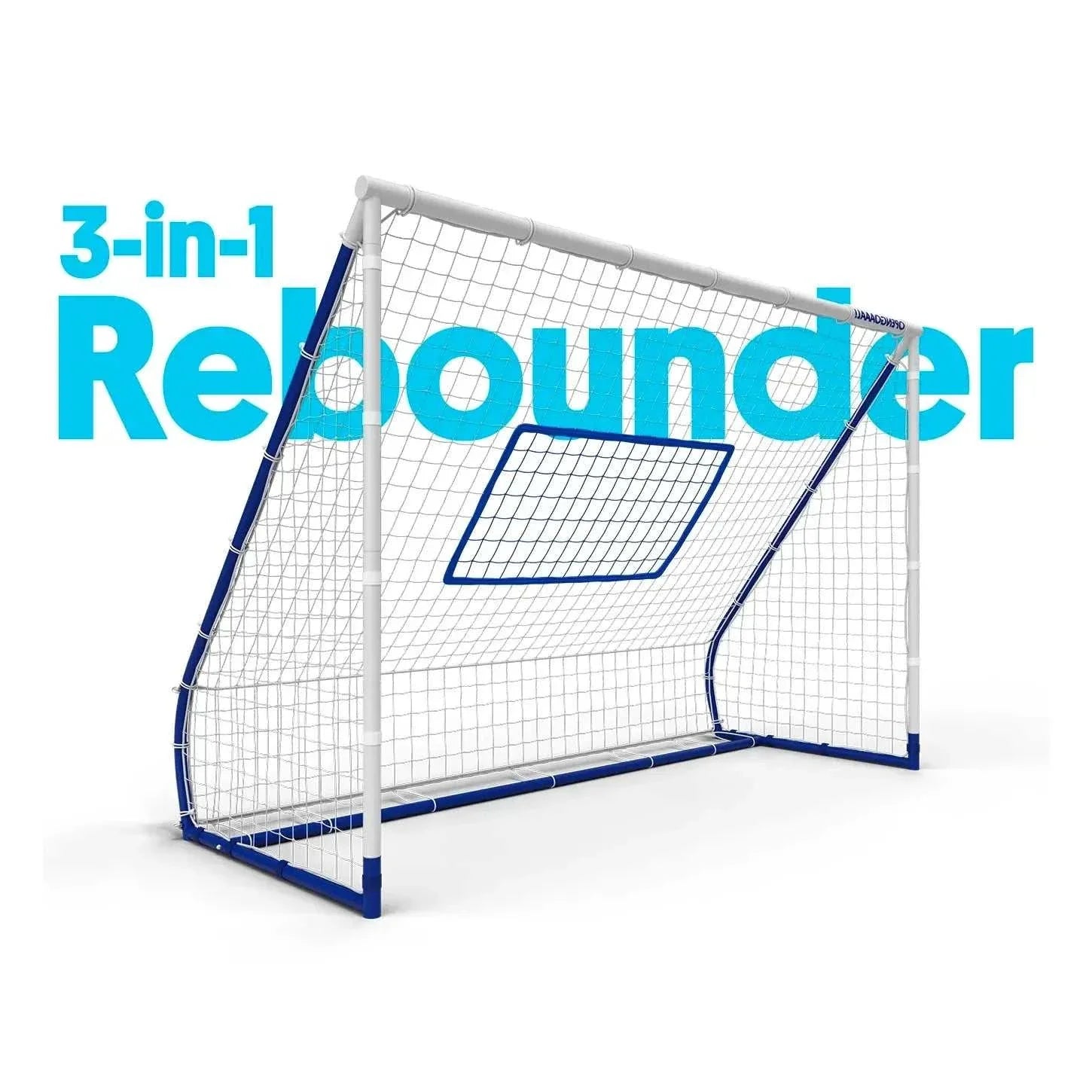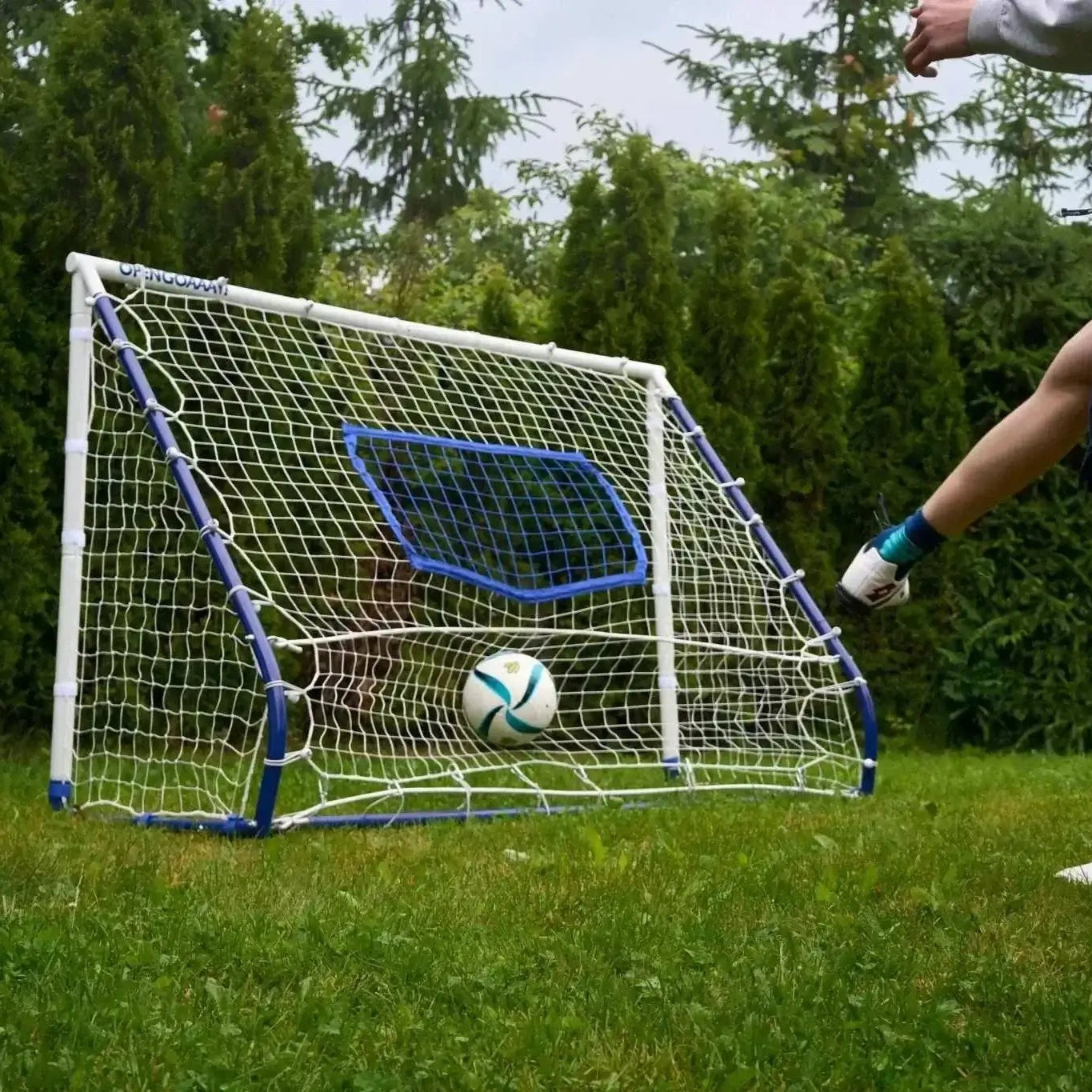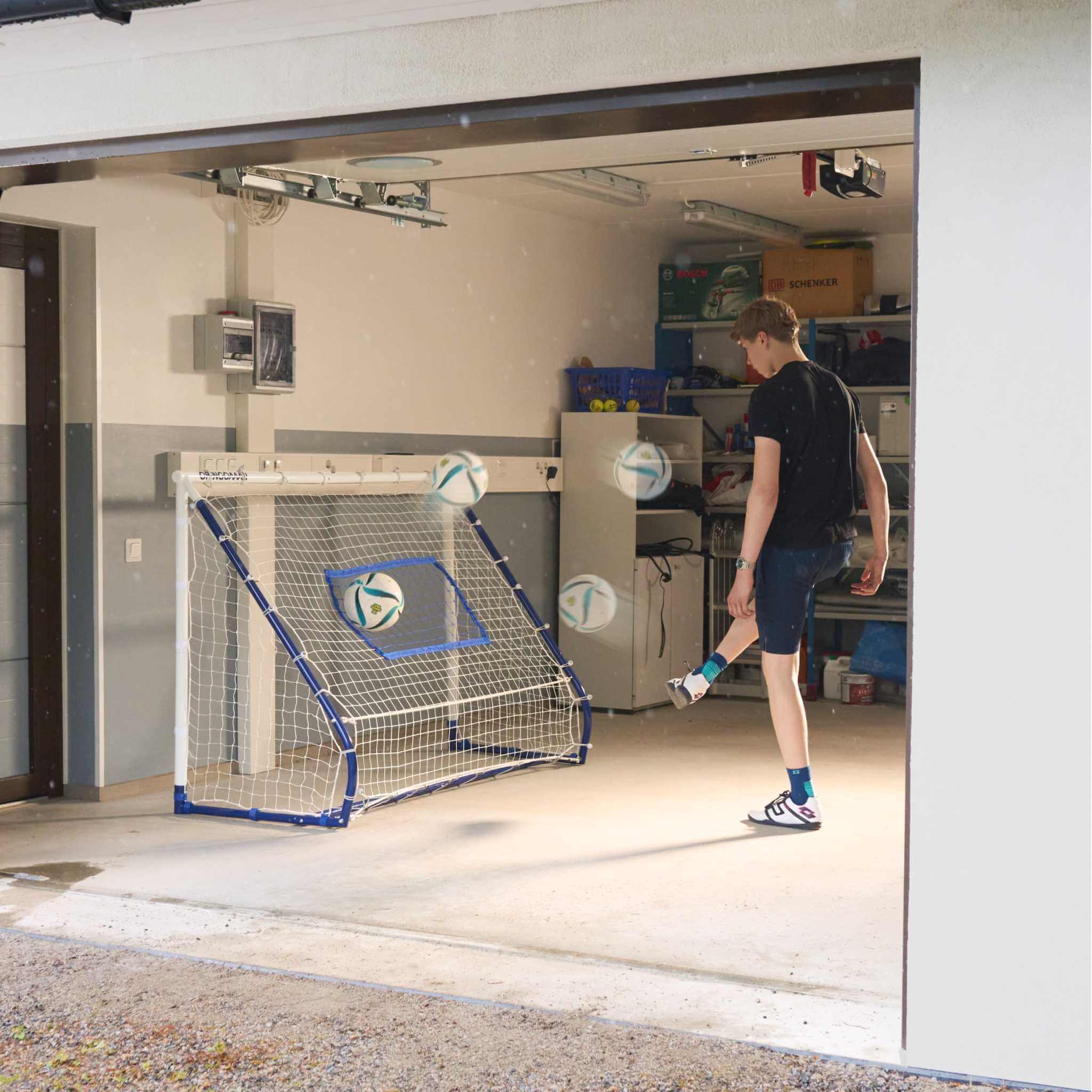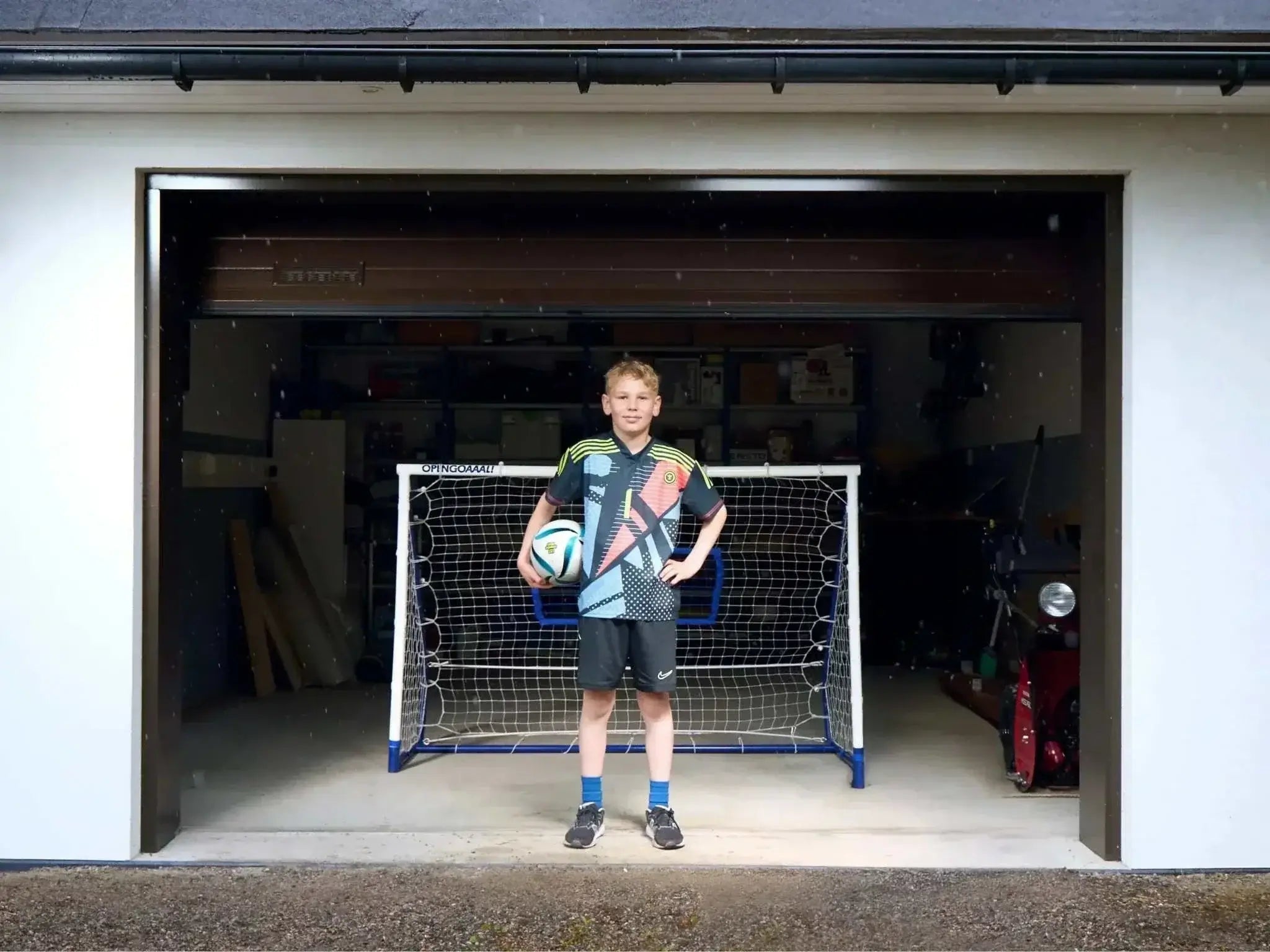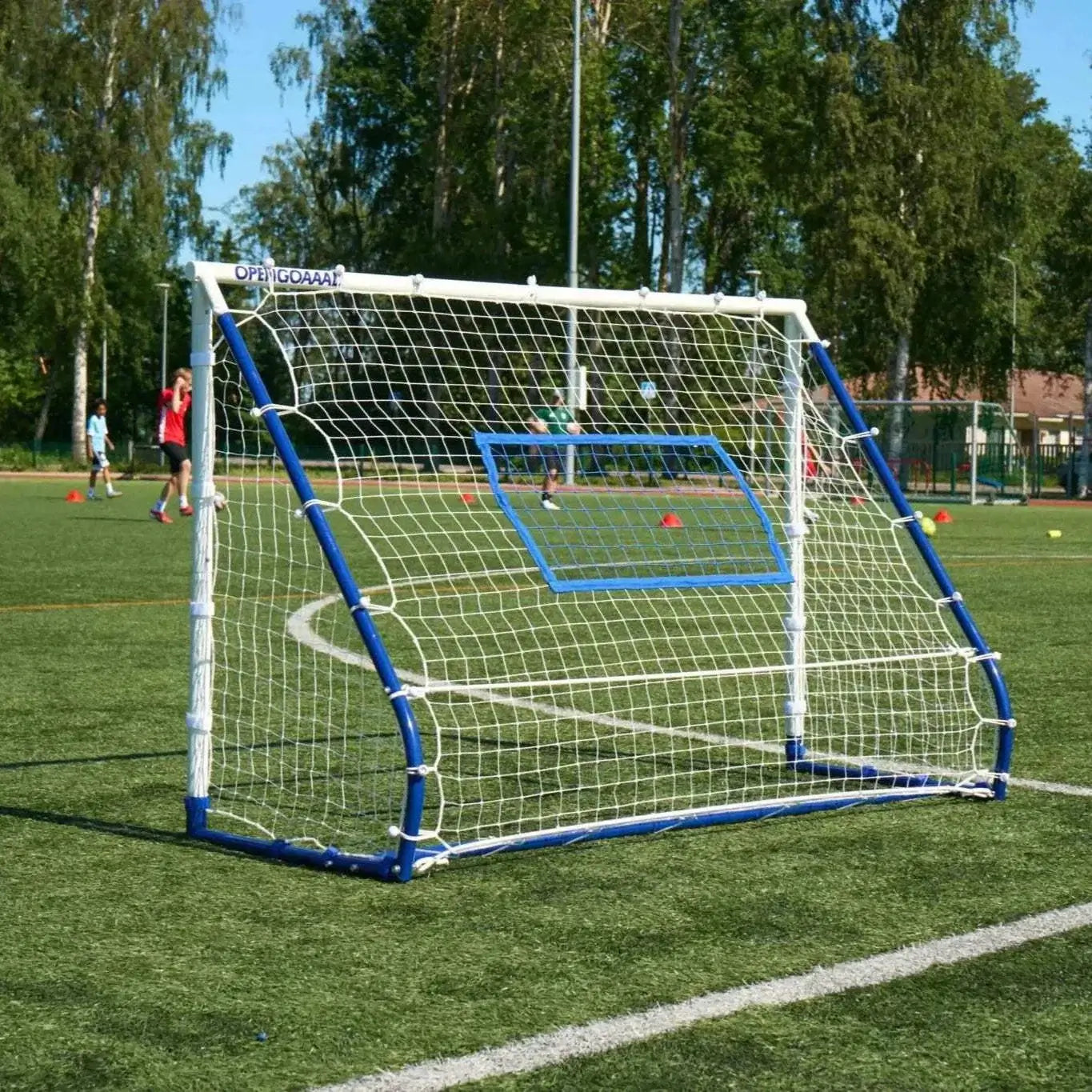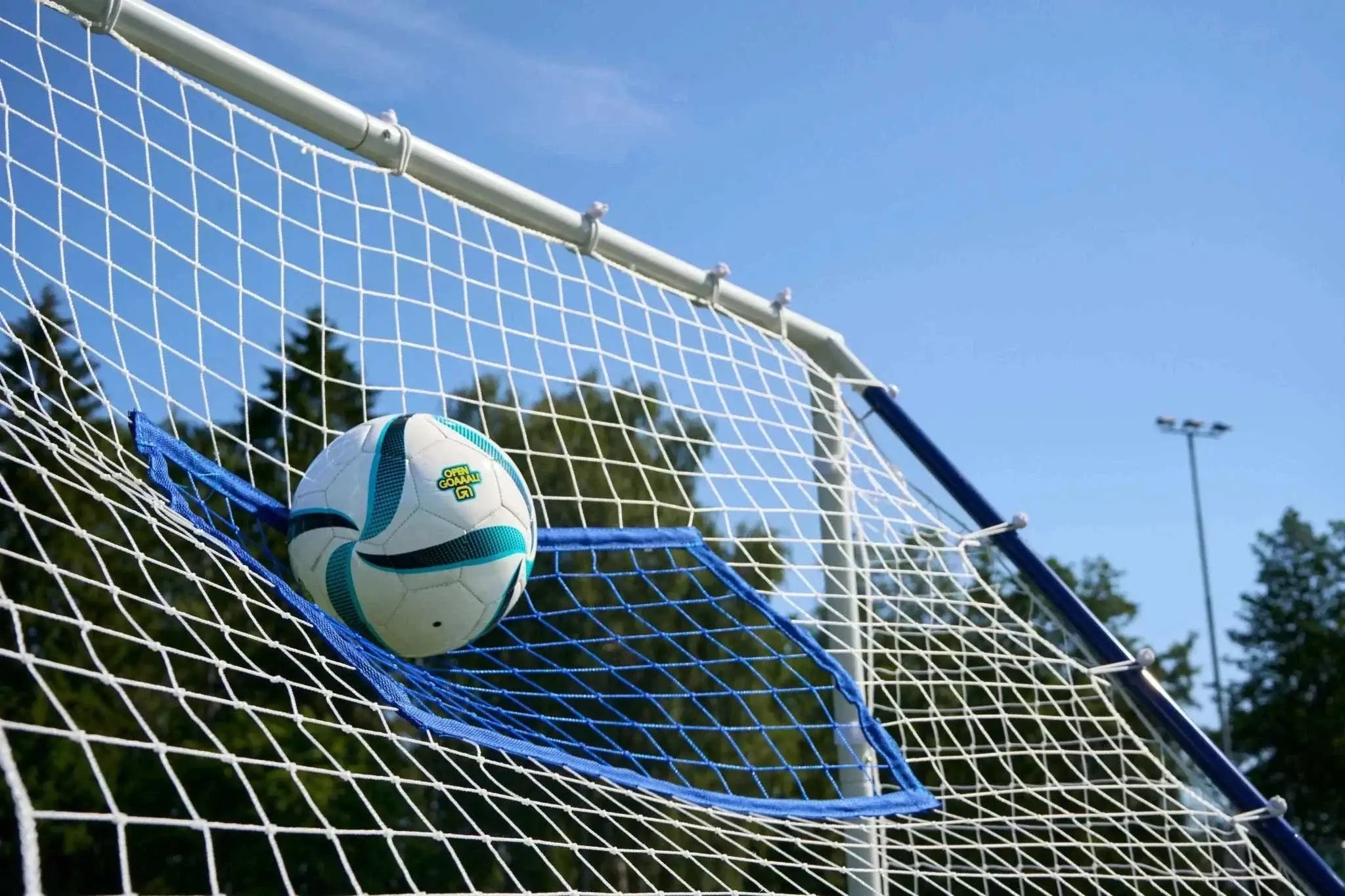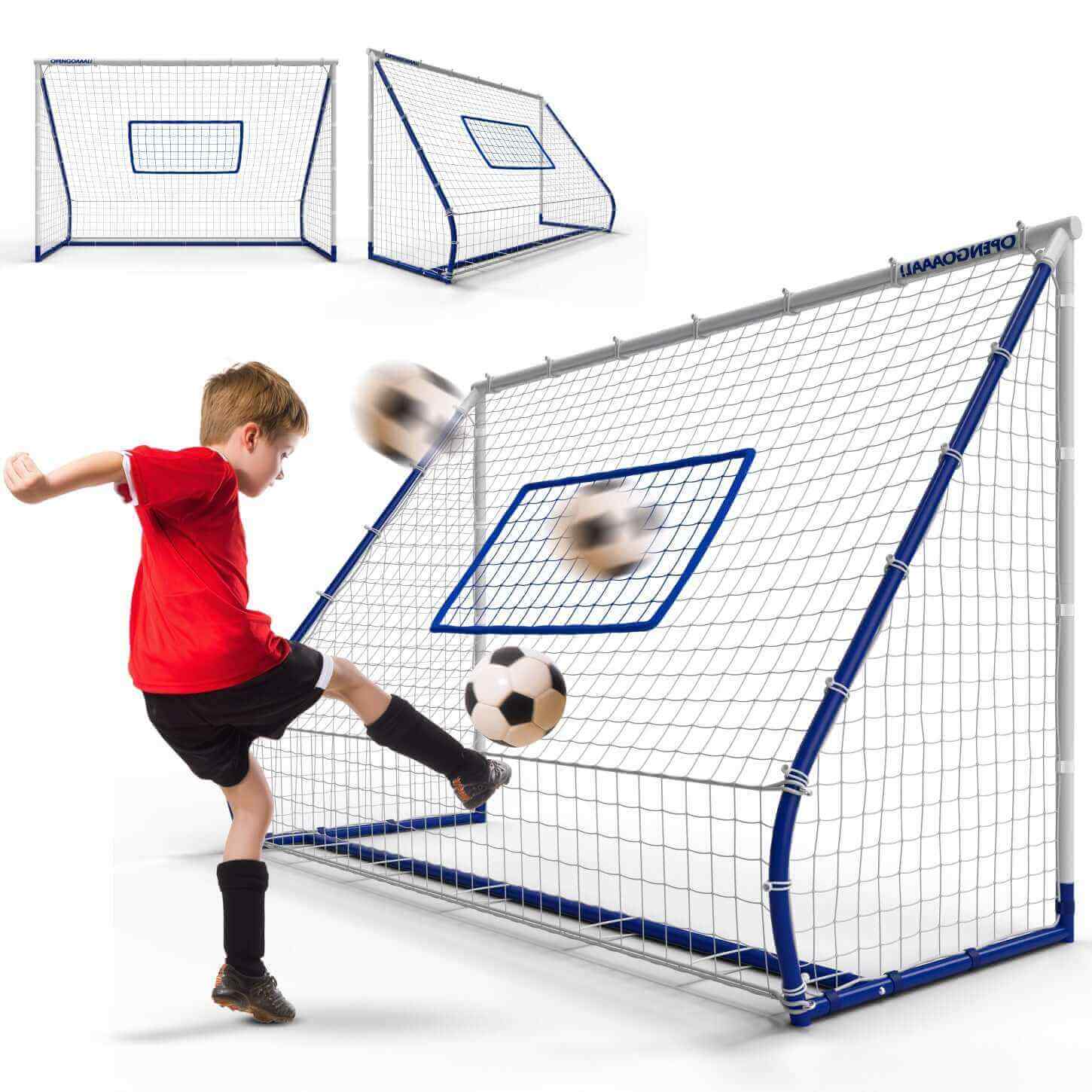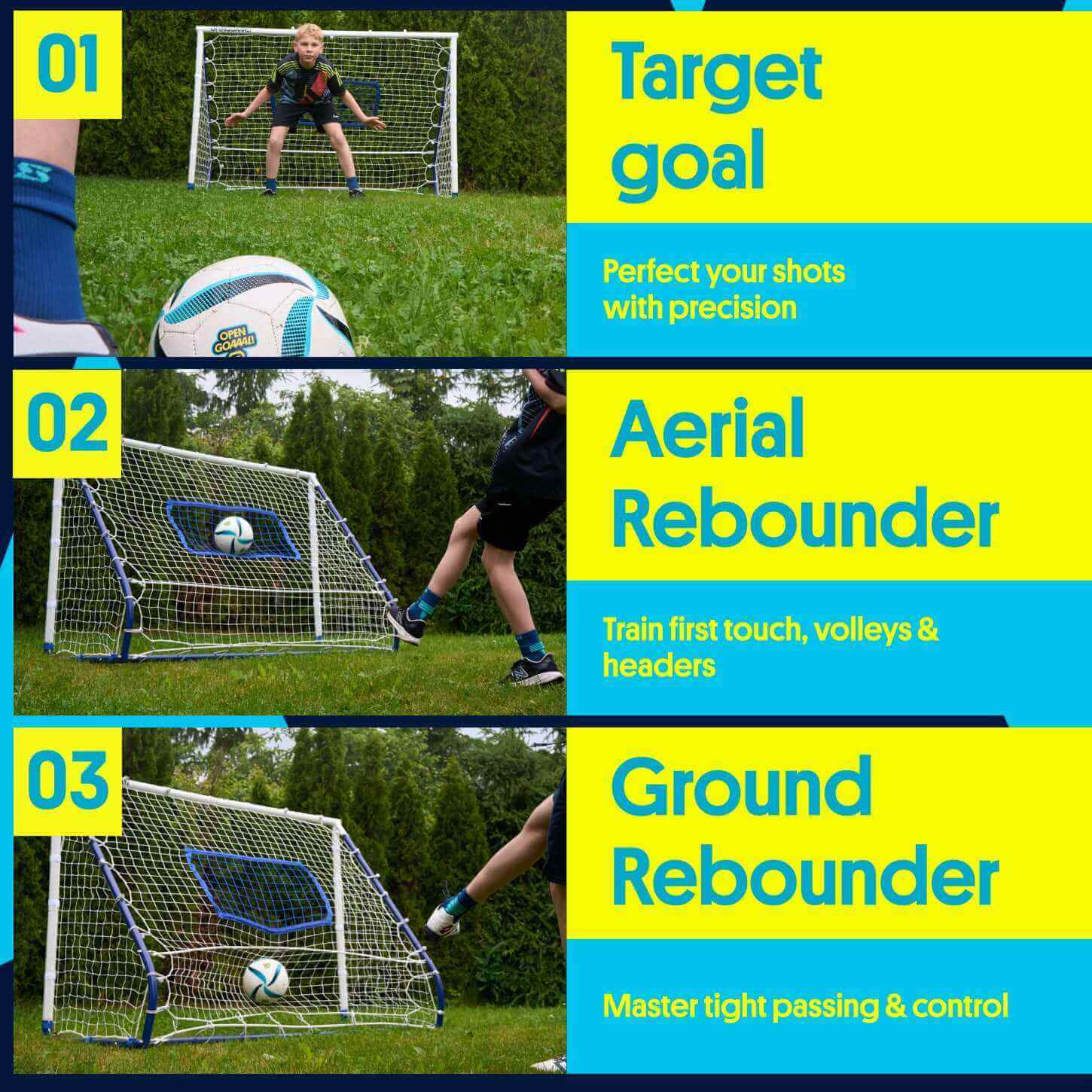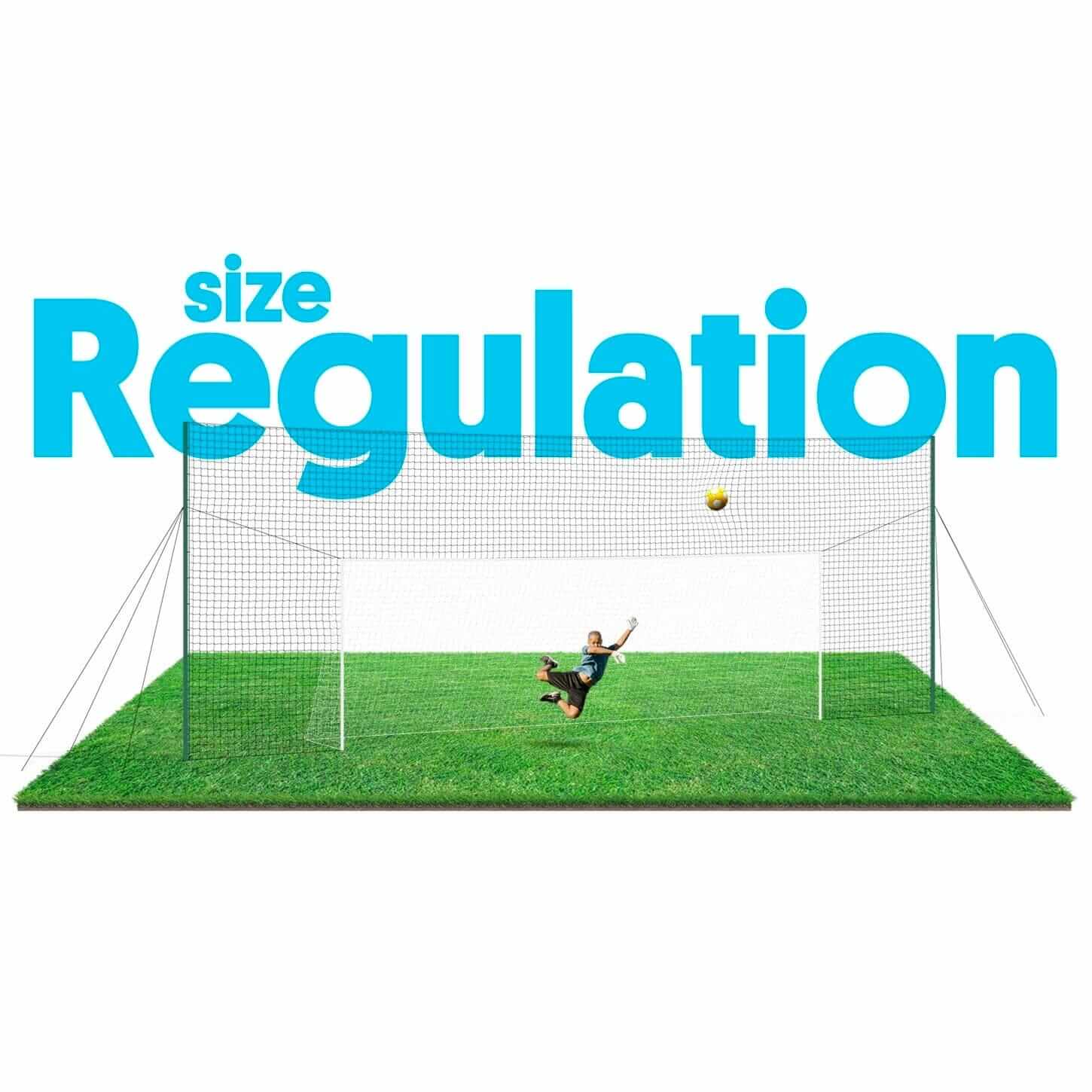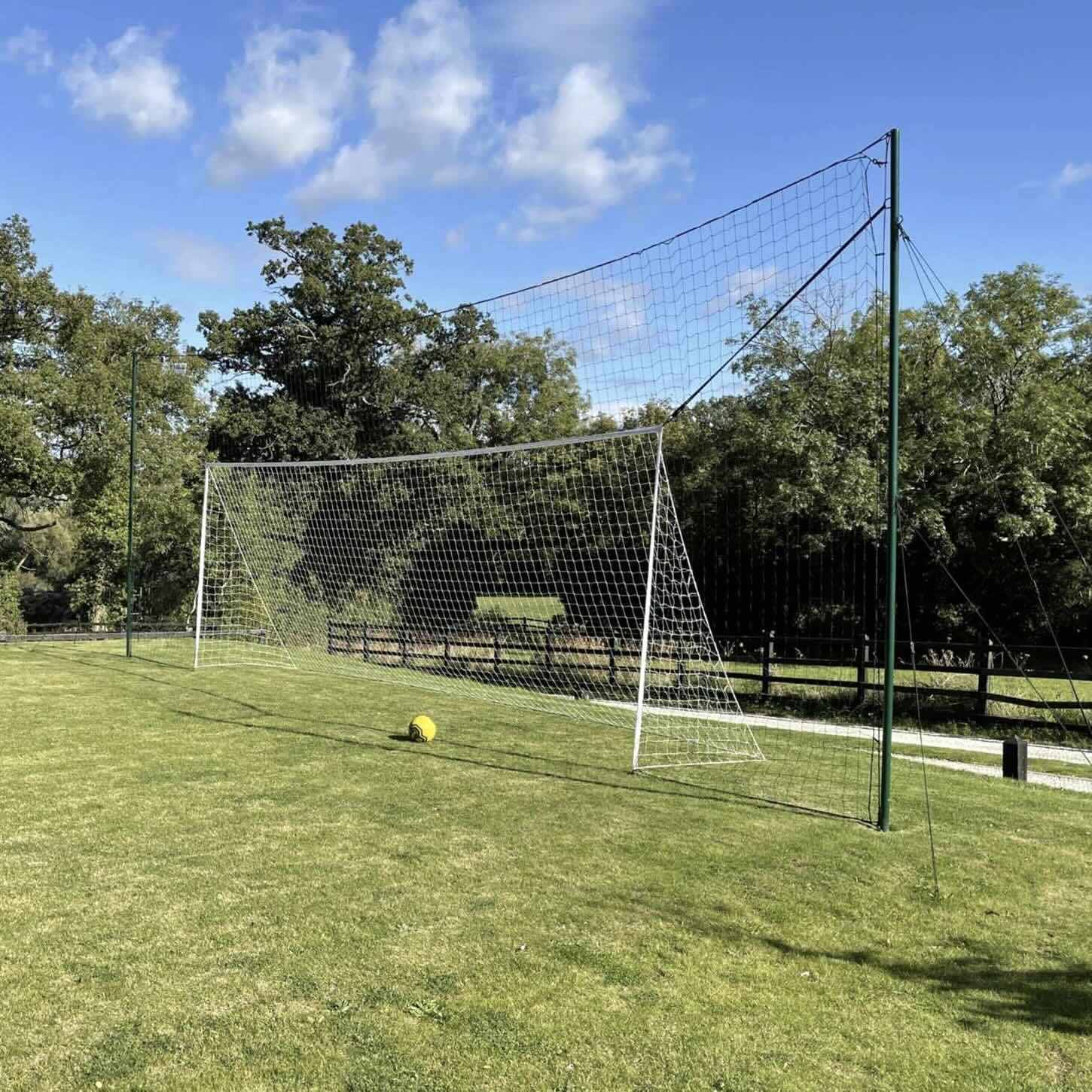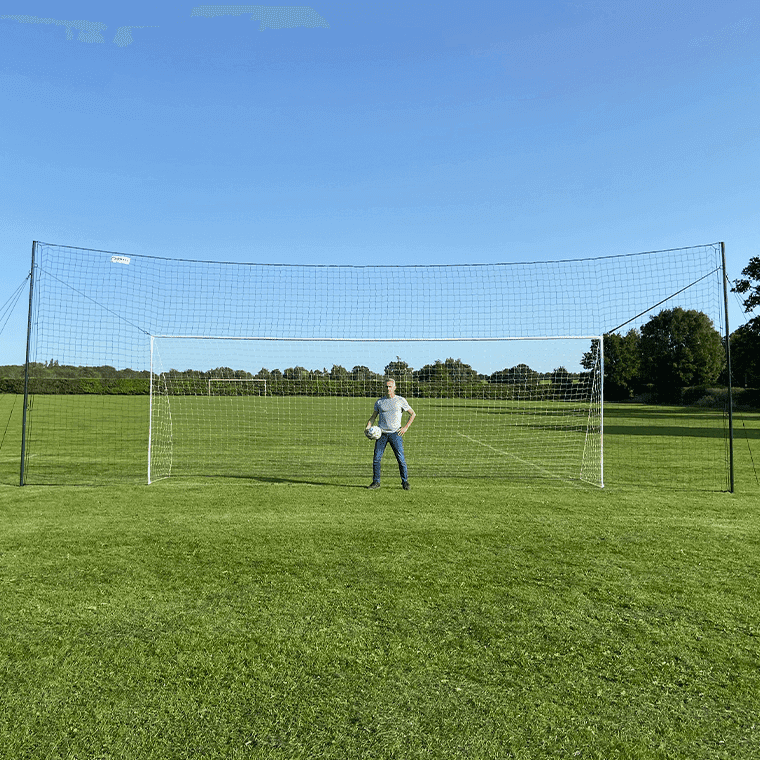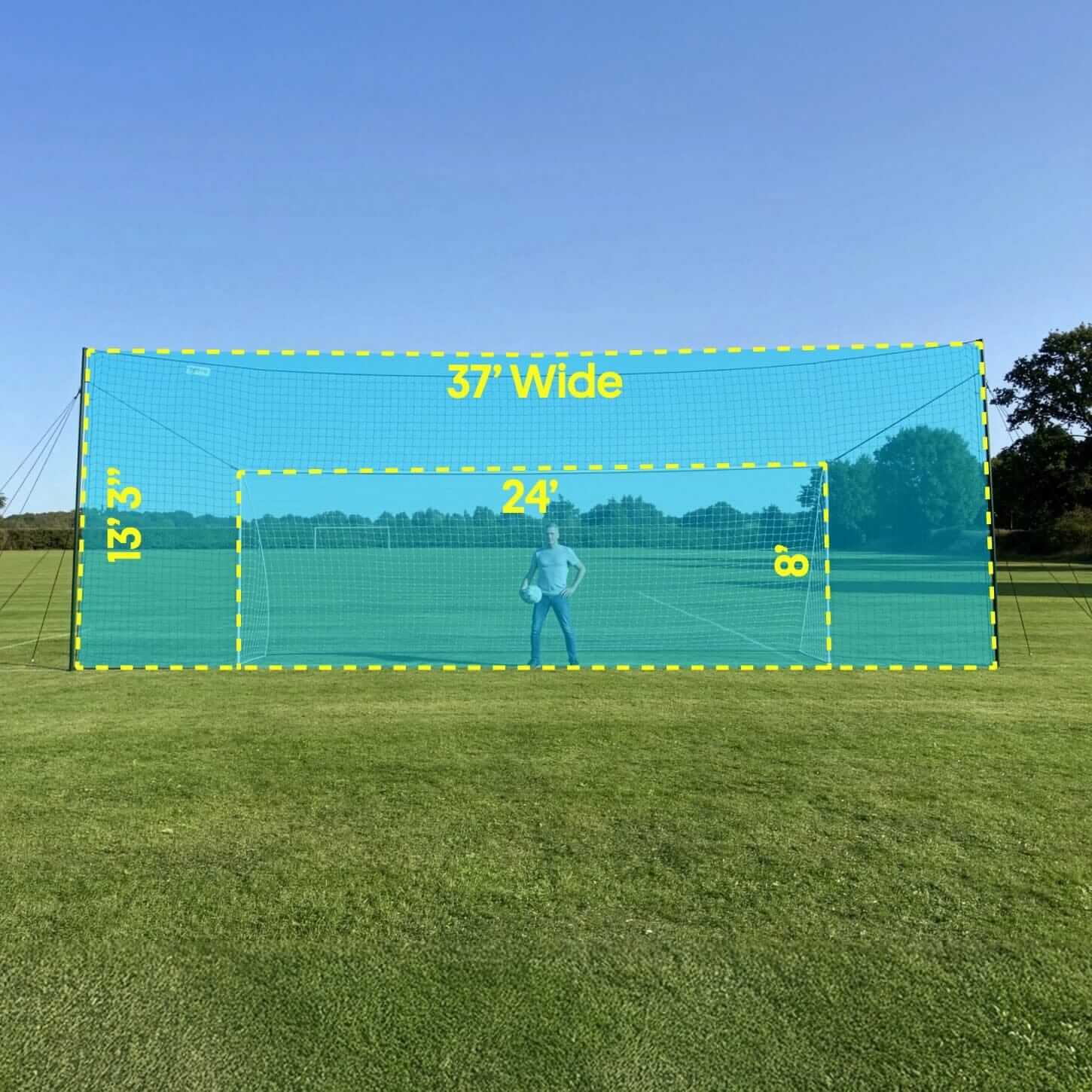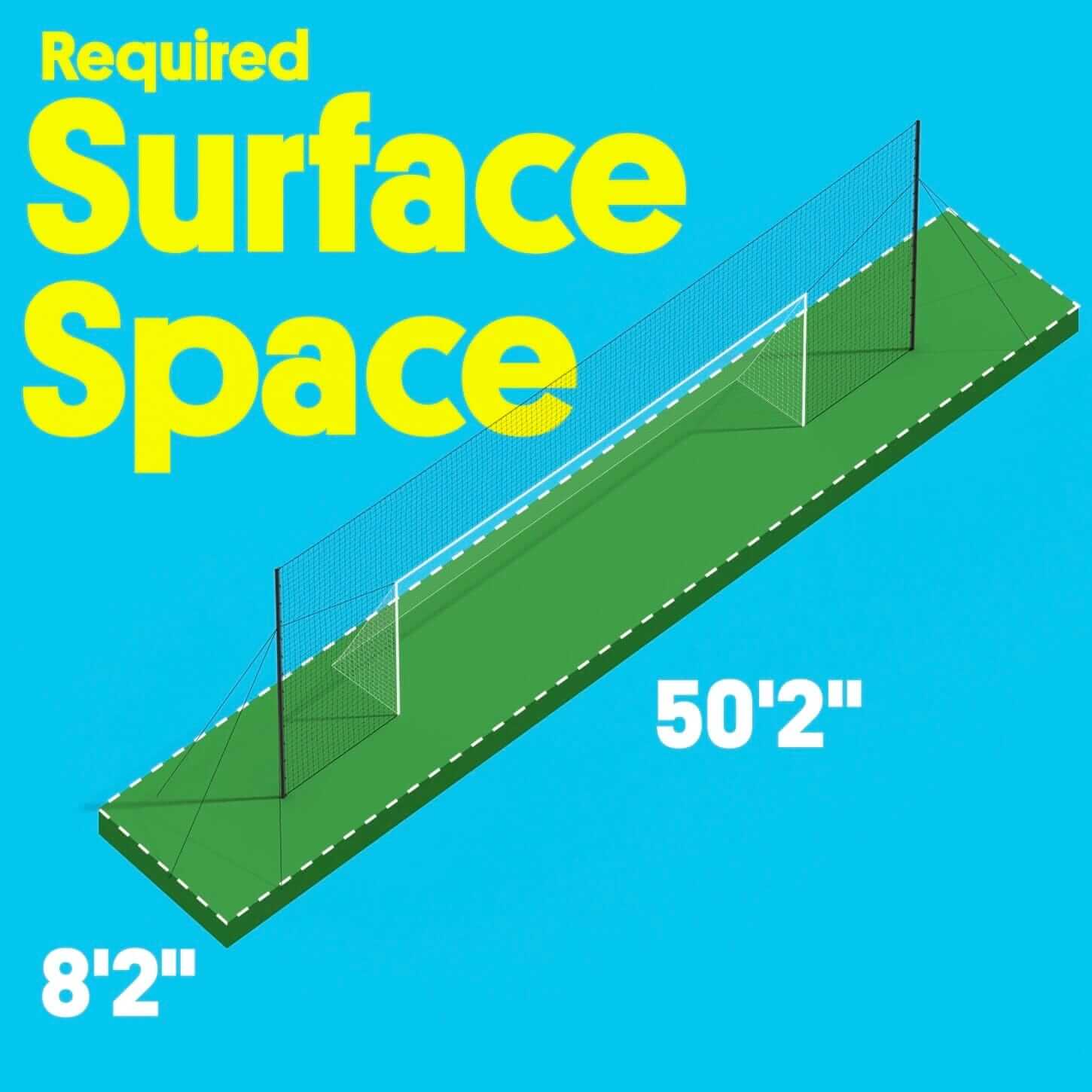Improving at soccer can feel like a never-ending uphill battle, especially when it seems like you’re doing everything right but not seeing the results you want. If you’re putting in hours of practice but still not progressing, there’s a good chance you're making some key soccer mistakes without even realizing it. These mistakes may not be obvious, but they can hold you back from reaching your full potential.
The good news is that identifying and fixing these issues can be a game-changer. Whether it’s adjusting your mindset, refining your technical skills, or modifying your training habits, small improvements can lead to significant breakthroughs. In this guide, we'll explore the most common soccer mistakes players make and, more importantly, how to fix them.
1. Mental Game: The Invisible Barrier
The mental side of soccer is often overlooked, but it plays a crucial role in your development as a player. One of the biggest soccer mistakes is neglecting the mental game and letting your thoughts sabotage your performance. Common mental roadblocks include:
- Overthinking vs. Playing Naturally: Over-analyzing every move can paralyze your performance. Instead of trusting your instincts, you might second-guess your decisions, leading to slower reactions and missed opportunities.
- Lack of Confidence: Without belief in your abilities, your play suffers. Confidence is key to executing skills under pressure, and a lack of it can be one of the most damaging soccer mistakes.
- Fear of Mistakes: Many players are so afraid of making mistakes that they play too conservatively. However, soccer is a dynamic game, and mistakes are inevitable. The key is to learn from them and move on quickly.
How to Fix It:
- Mindset Training: Develop a positive mindset through visualization, mindfulness, and setting realistic goals to help you stay focused and calm during games.
- Boost Confidence: Practice under pressure to build confidence in your abilities. Get comfortable making quick decisions, and trust yourself to make the right call.
- Embrace Mistakes: Accept that mistakes are part of learning. The more you can embrace them, the faster you’ll improve.
2. Technical Skills: Not Mastering the Basics
Too often, players focus on learning flashy moves or advanced techniques before mastering the basics. This is one of the most common soccer mistakes and can seriously hinder long-term development.
- Poor Dribbling, Passing, and Shooting: If you haven’t mastered basic dribbling, passing, and shooting, your effectiveness on the field is limited. Fancy footwork is useless if you can’t control the ball or make a simple pass.
- Skipping Fundamental Drills: Many players get bored with fundamental drills, but these are the building blocks of a solid soccer foundation. Skipping them is a huge mistake.
How to Fix It:
- Drill the Basics: Set aside time in every practice to work on your fundamental skills. Focus on dribbling with both feet, improving your first touch, and perfecting your passing accuracy.
- Focus on Technique Over Tricks: Instead of focusing on advanced moves, concentrate on mastering the basics. Good technique will always outperform flashy tricks in real-game situations.
3. Physical Fitness: You're Not Training the Right Way
Another common soccer mistake players make is neglecting the right type of physical training. Soccer requires more than just running; it demands a balance of strength, agility, endurance, and flexibility. Here’s where many players go wrong:
- Overemphasizing Cardio: While endurance is important, many players overemphasize cardio and neglect strength training. This can lead to imbalances, injury risks, and a lack of power on the field.
- Neglecting Agility and Flexibility: Soccer requires quick changes in direction and rapid bursts of speed. Neglecting agility work can leave you flat-footed, while poor flexibility can increase your risk of injury.
- Lack of Recovery: Overtraining is a real issue. Many players push themselves too hard without giving their bodies time to recover, leading to fatigue and injuries.
How to Fix It:
- Balanced Training Program: Incorporate a mix of cardio, strength training, agility drills, and flexibility exercises into your routine. Don’t just focus on one aspect of fitness.
- Rest and Recovery: Make sure you’re getting enough rest. Include active recovery sessions, stretching, and proper hydration to prevent burnout and injuries.
4. Tactical Awareness: Not Thinking Like a Team Player
Soccer isn’t just about individual skills—it’s a team sport, and your ability to read the game and think tactically can make all the difference. Failing to develop this part of your game is one of the more subtle soccer mistakes players make.
- Not Reading the Game: If you’re focused only on the ball, you’re missing out on key tactical elements. Soccer is as much about positioning and anticipation as it is about physical skill.
- Selfish Play: Trying to do everything yourself often backfires. Soccer is about working with your team and making smart decisions to create opportunities.
- Poor Positioning: Many players don’t understand where they should be on the field at any given moment, leading to missed opportunities and defensive lapses.
How to Fix It:
- Study the Game: Watch professional matches and pay attention to how players position themselves, both with and without the ball. Try to anticipate plays and recognize patterns.
- Play Smart, Not Hard: Focus on making intelligent runs, being in the right place at the right time, and improving your awareness of your teammates.
5. Feedback and Coaching: You’re Not Seeking Help
Another soccer mistake players make is trying to improve on their own without seeking outside help. Feedback from a coach or even a teammate can provide insights that you might miss.
- Self-Diagnosing Problems: Many players try to figure out what’s wrong on their own, but this can lead to frustration and slow progress.
- Ignoring Constructive Criticism: Some players avoid criticism altogether, missing out on the valuable insights that could lead to improvement.
How to Fix It:
- Seek External Feedback: Regularly ask for feedback from a coach or teammates. A coach can help you identify weaknesses and guide you toward solutions you may not see on your own.
- Use Technology: Consider using video analysis to review your games and training sessions. This can provide you with an objective look at your performance and help you spot areas for improvement.
Score More, Miss Less: Perfect Your Game
Ready to practice smarter and improve your skills? Enhance your training with the right soccer goals for precision and progress.
Conclusion: Overcoming Soccer Mistakes to Reach Your Full Potential
Improving at soccer isn’t just about putting in more hours; it’s about working smarter and fixing the soccer mistakes that are holding you back. Whether it's refining your mental game, mastering the basics, optimizing your training, improving tactical awareness, or seeking help from others, the path to improvement is a well-rounded one.
By addressing these areas, you'll be able to elevate your game and reach your full potential as a player. It’s not always about doing more—it’s about doing things better.
FAQs
What are the most common soccer mistakes players make?
The most common soccer mistakes include neglecting the mental aspect of the game, failing to master basic technical skills, overlooking proper physical conditioning, lacking tactical awareness, and not seeking feedback or coaching. These mistakes, though often subtle, can significantly limit a player's improvement. Addressing them requires a combination of mental focus, consistent practice of fundamentals, balanced fitness training, and a willingness to learn from others.
How do you get better at soccer when you're stuck in a performance plateau?
To break out of a plateau, first identify the areas where you're struggling—whether it's mental, technical, physical, or tactical. Focus on improving one specific skill or aspect of your game at a time. Seek feedback from a coach or use video analysis to gain insights. A structured training plan that includes goal-setting and measurable progress can help you move past stagnation. Often, mental adjustments like improving confidence and dealing with frustration are key to overcoming plateaus.
Why is it so hard to improve despite constant practice in soccer?
Practicing without focus or a structured plan can result in limited improvement. If you’re not addressing the right areas, or if you're repeating the same soccer mistakes during practice, progress can stagnate. Additionally, mental blocks, like lack of confidence or fear of failure, can impede development. To improve, you need purposeful training, targeted skill work, and feedback to correct your mistakes.
How can focusing on the basics help correct soccer mistakes?
Mastering the basics—such as dribbling, passing, and shooting—provides the foundation for everything else in soccer. Many soccer mistakes stem from players skipping over these essential skills in favor of advanced techniques. Consistently practicing the fundamentals ensures that your foundation is strong, making it easier to learn more complex skills and perform well in high-pressure situations.
How do you get better at soccer mentally and avoid overthinking on the field?
Improving mentally starts with building confidence and staying present in the moment. Avoid overthinking by trusting your training and instincts. Mindfulness techniques, such as deep breathing and visualization, can help you stay focused during games. Setting small, achievable goals for each match can also keep your mind occupied with productive thoughts instead of getting overwhelmed.
Why is tactical awareness important, and how can it fix common soccer mistakes?
Tactical awareness allows you to anticipate plays, position yourself better, and make smarter decisions on the field. Players often make soccer mistakes like poor positioning or selfish play because they aren't thinking about the bigger picture of the game. Developing tactical awareness involves studying the game, watching how professionals move without the ball, and understanding team dynamics.
How do you get better at soccer with the help of a coach or mentor?
A coach can provide objective feedback and identify areas you may not notice need improvement. They can design drills to target specific weaknesses and guide your progress with a structured approach. Additionally, a mentor can offer advice on mental toughness, dealing with setbacks, and career development, helping you overcome personal and professional soccer mistakes more effectively.
What role does physical fitness play in overcoming soccer mistakes?
Physical fitness is crucial to ensuring you can execute skills consistently over the course of a game. Common soccer mistakes, such as poor ball control, late tackles, or fatigue-related errors, are often tied to a lack of fitness. Balancing cardio, strength, and flexibility training helps prevent injuries and maintain performance at a high level, especially during intense matches.
How do you get better at soccer by improving your feedback loop?
A strong feedback loop helps you identify weaknesses and correct soccer mistakes faster. By seeking regular input from coaches, teammates, and even using video analysis, you can spot patterns in your play that need attention. Consistent feedback keeps you accountable and ensures you’re working on the right areas to improve your overall game.
Can working on mental toughness prevent common soccer mistakes?
Yes, mental toughness plays a huge role in reducing soccer mistakes. When you're mentally strong, you're more likely to bounce back from mistakes quickly, maintain focus under pressure, and stay confident during difficult matches. Mental toughness training, such as practicing resilience, staying calm, and setting clear goals, can help prevent emotional and mental lapses that lead to poor decisions on the field.

